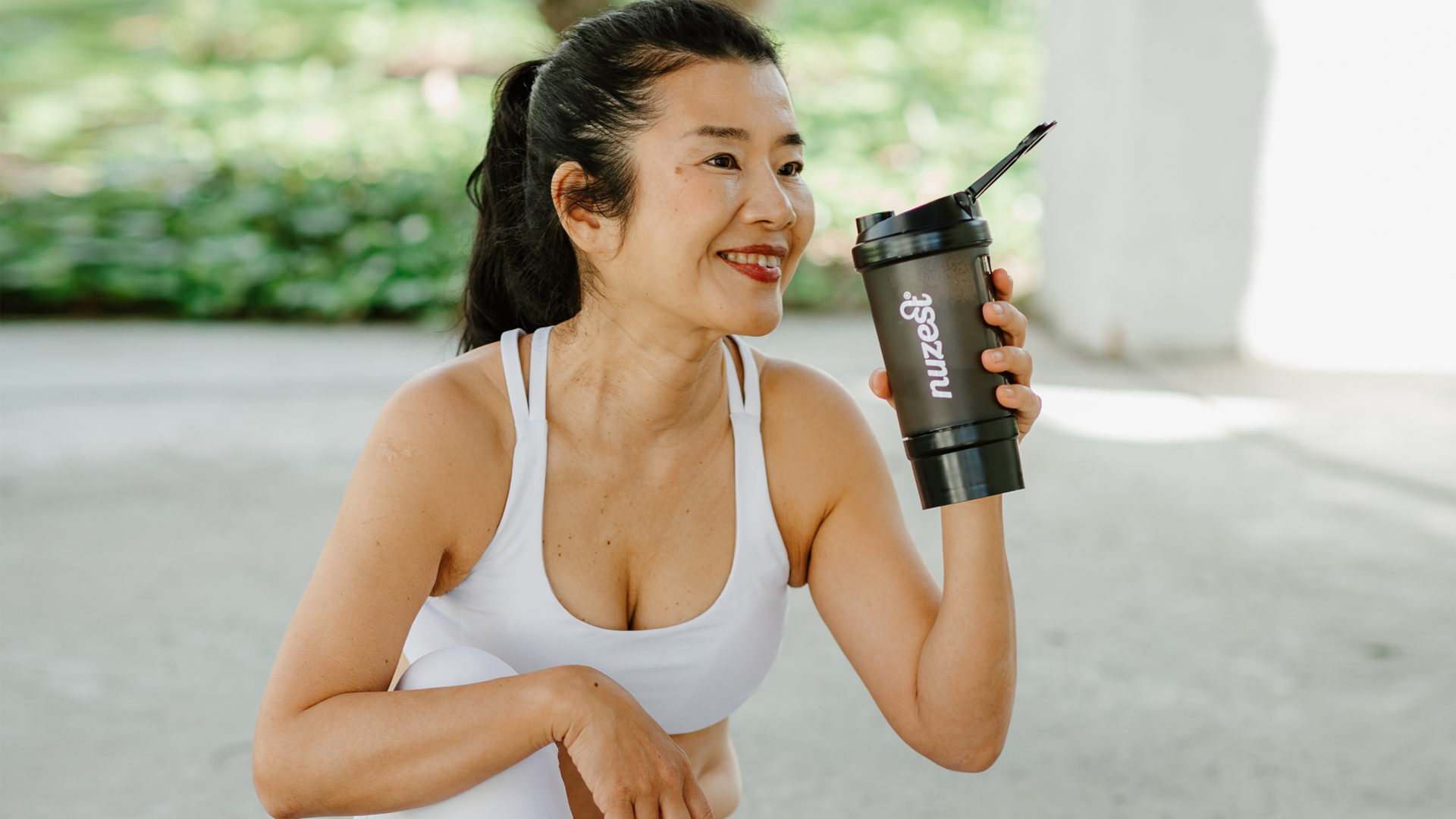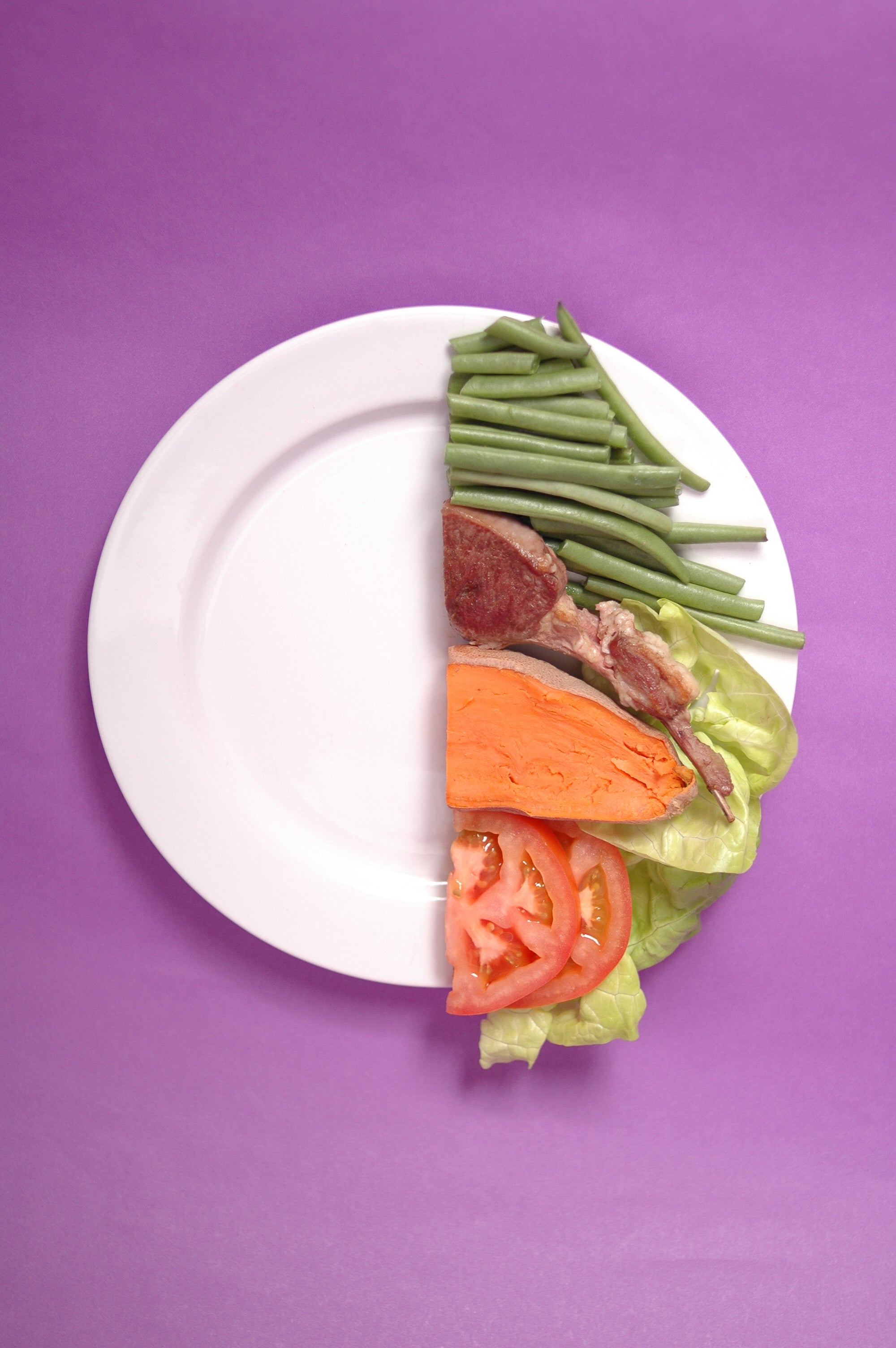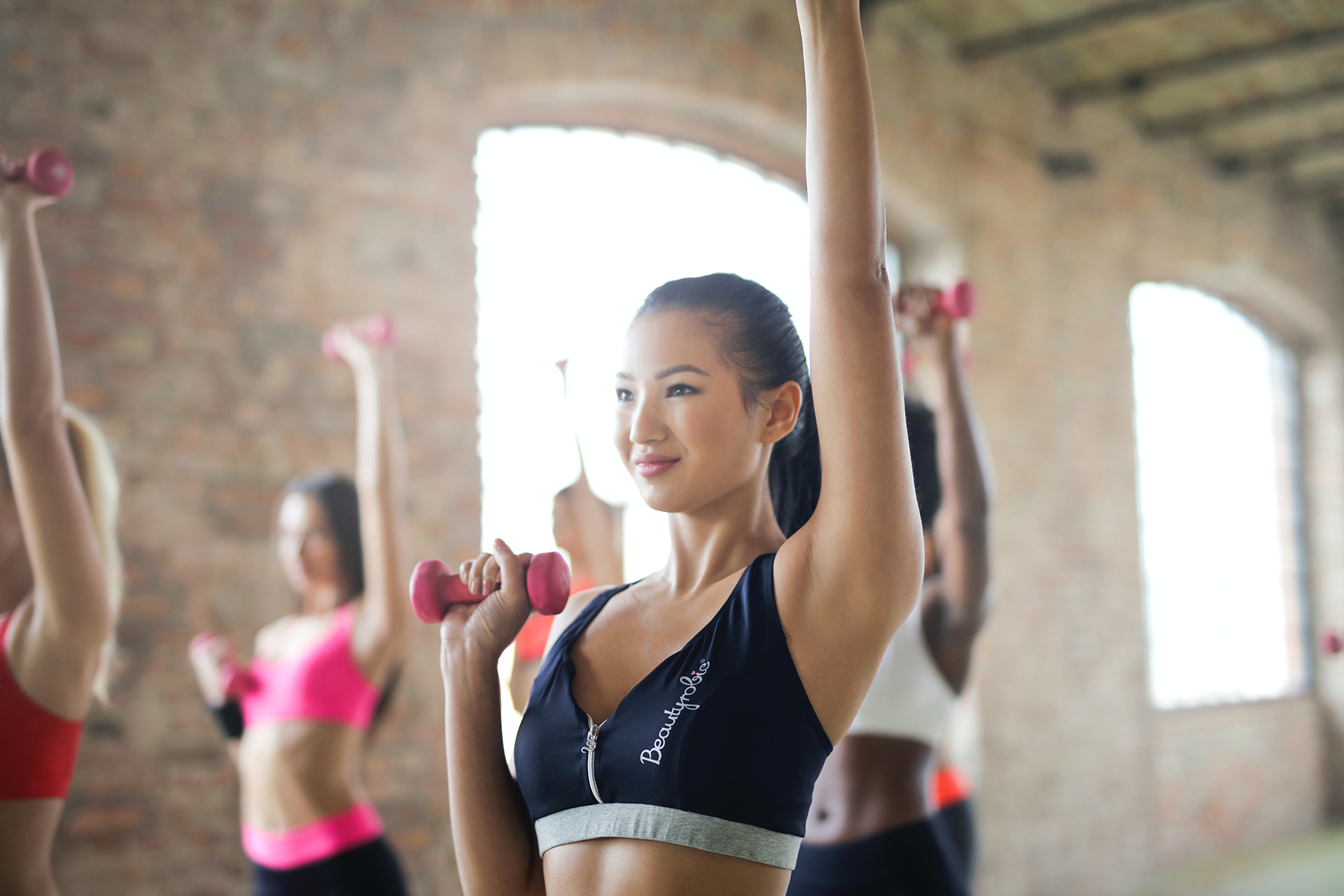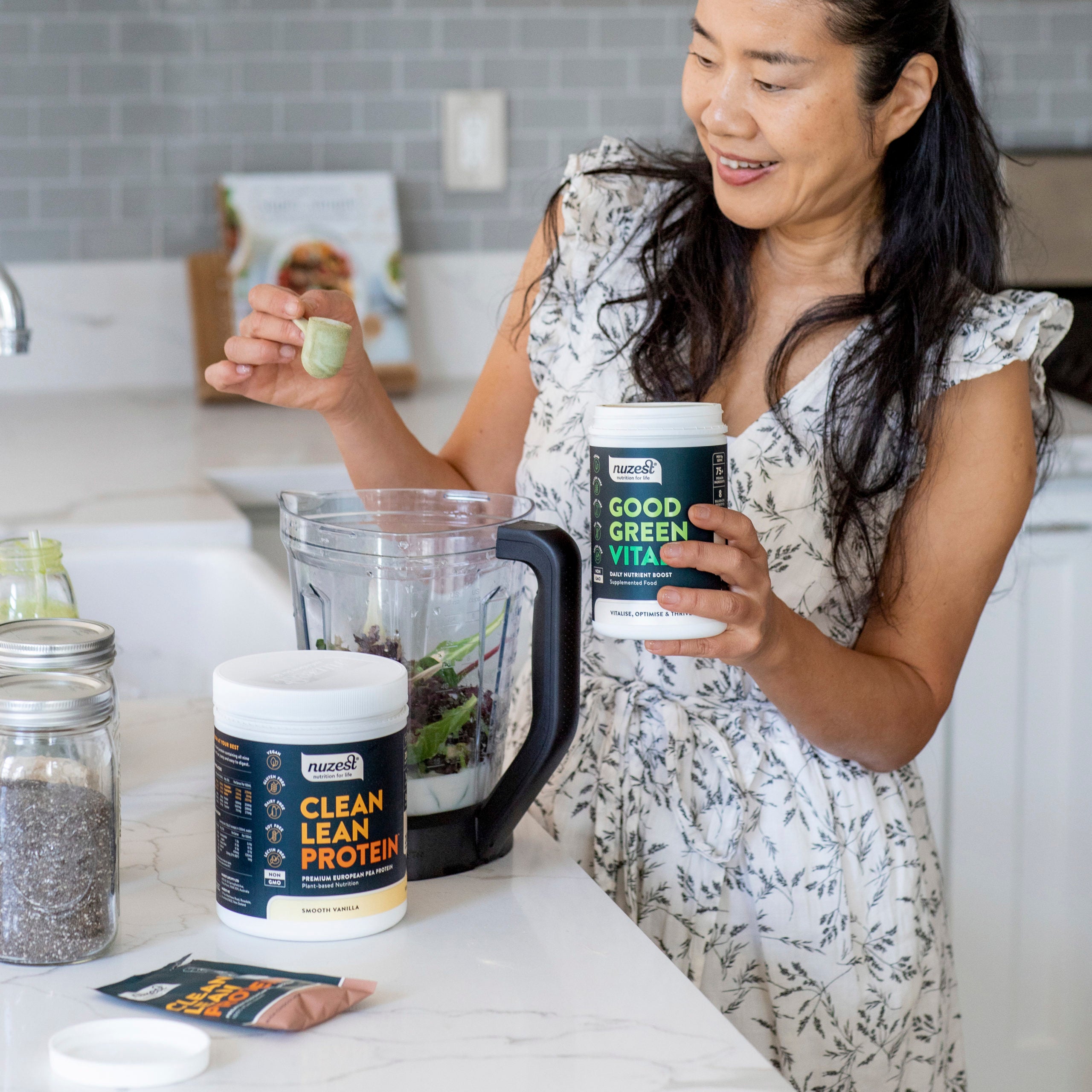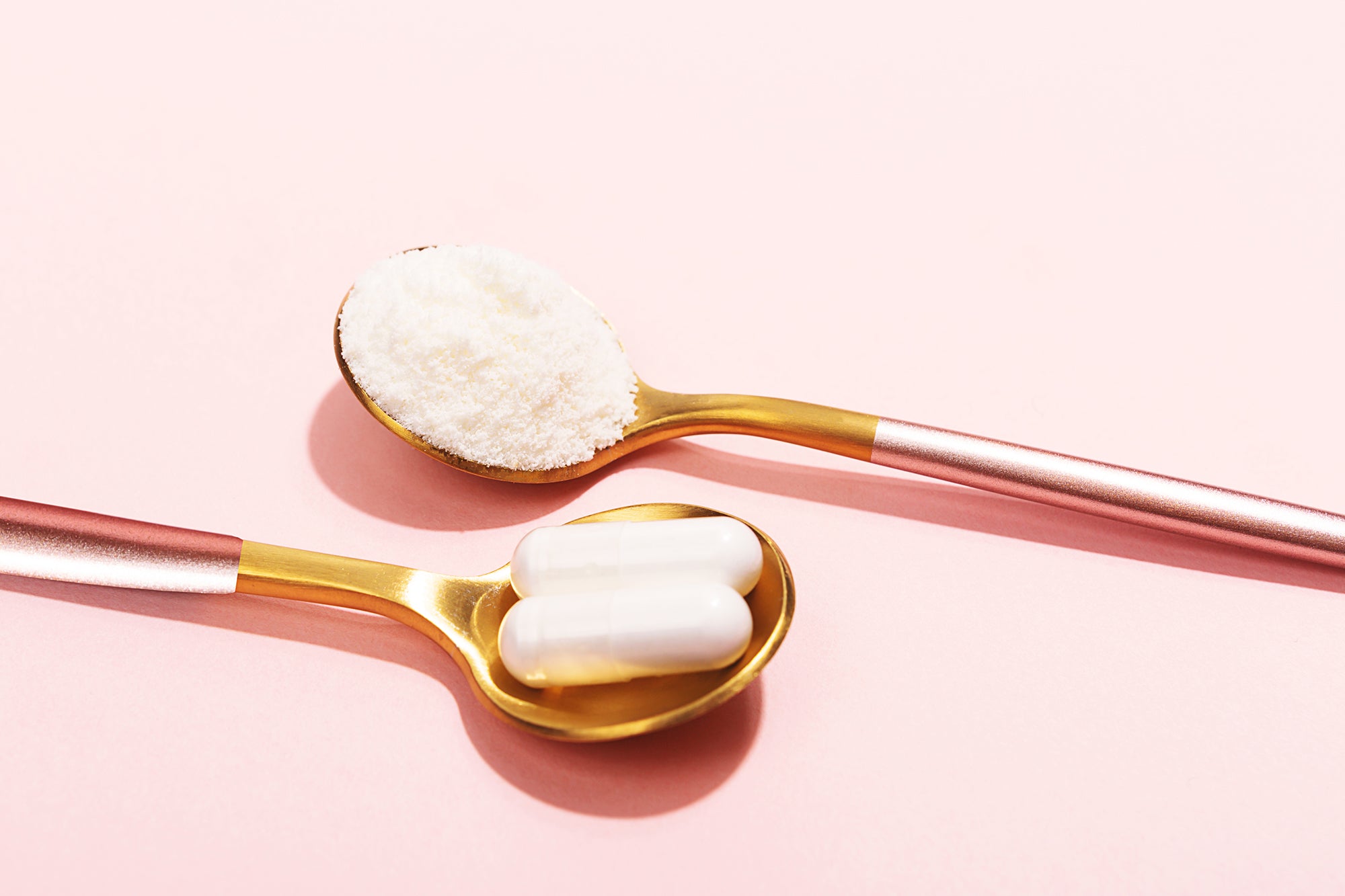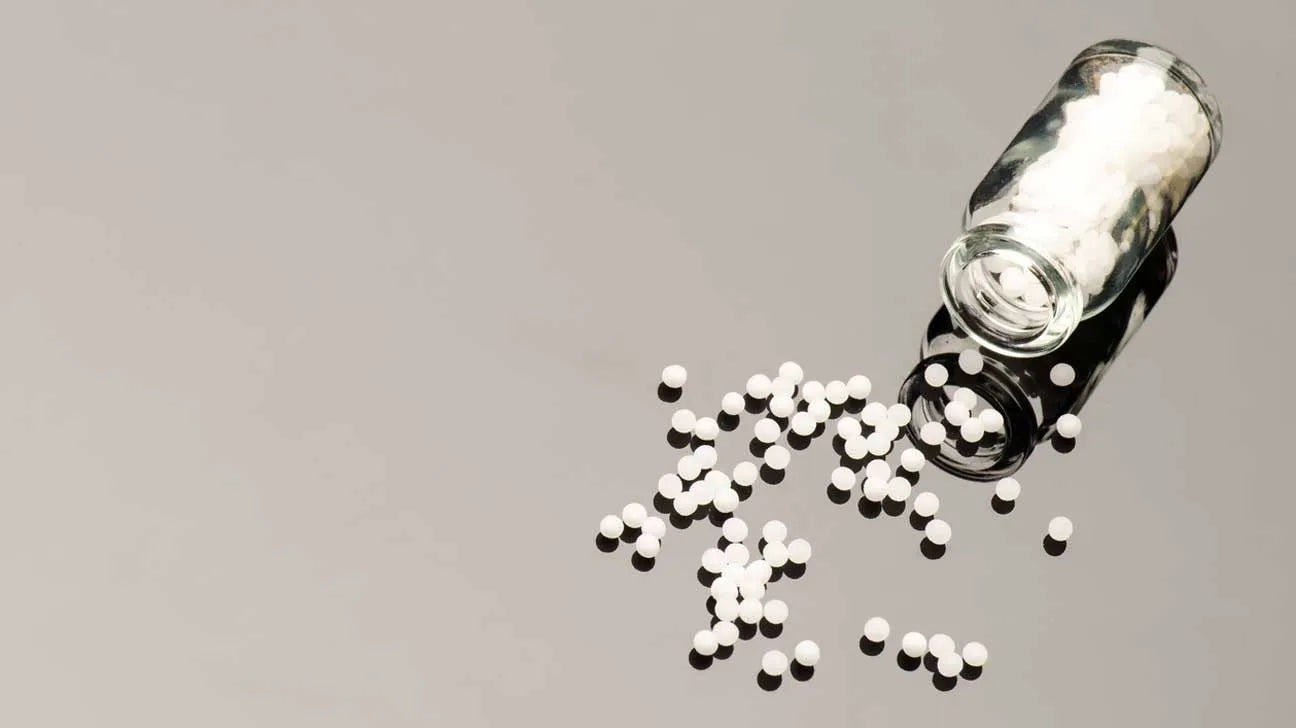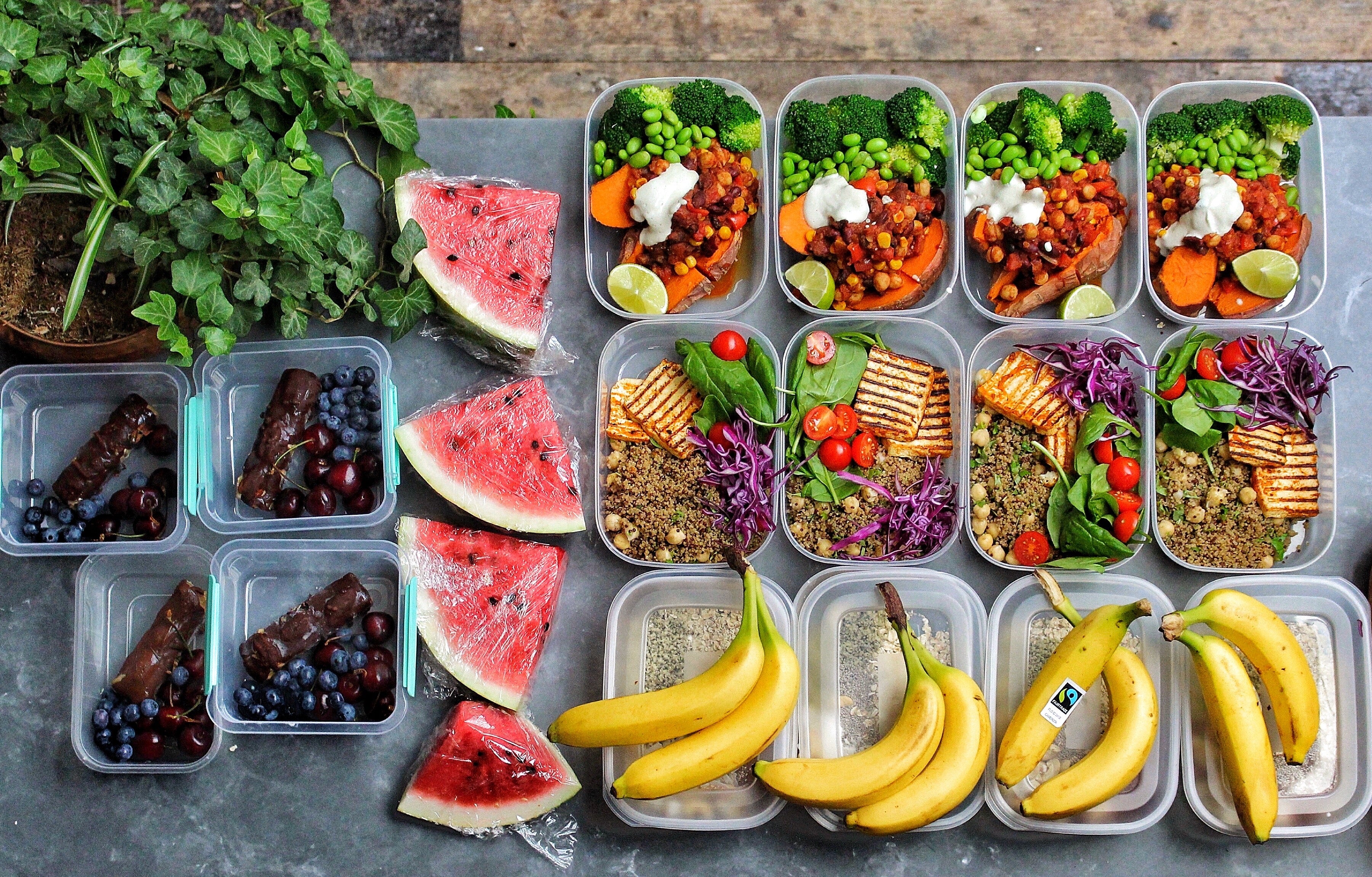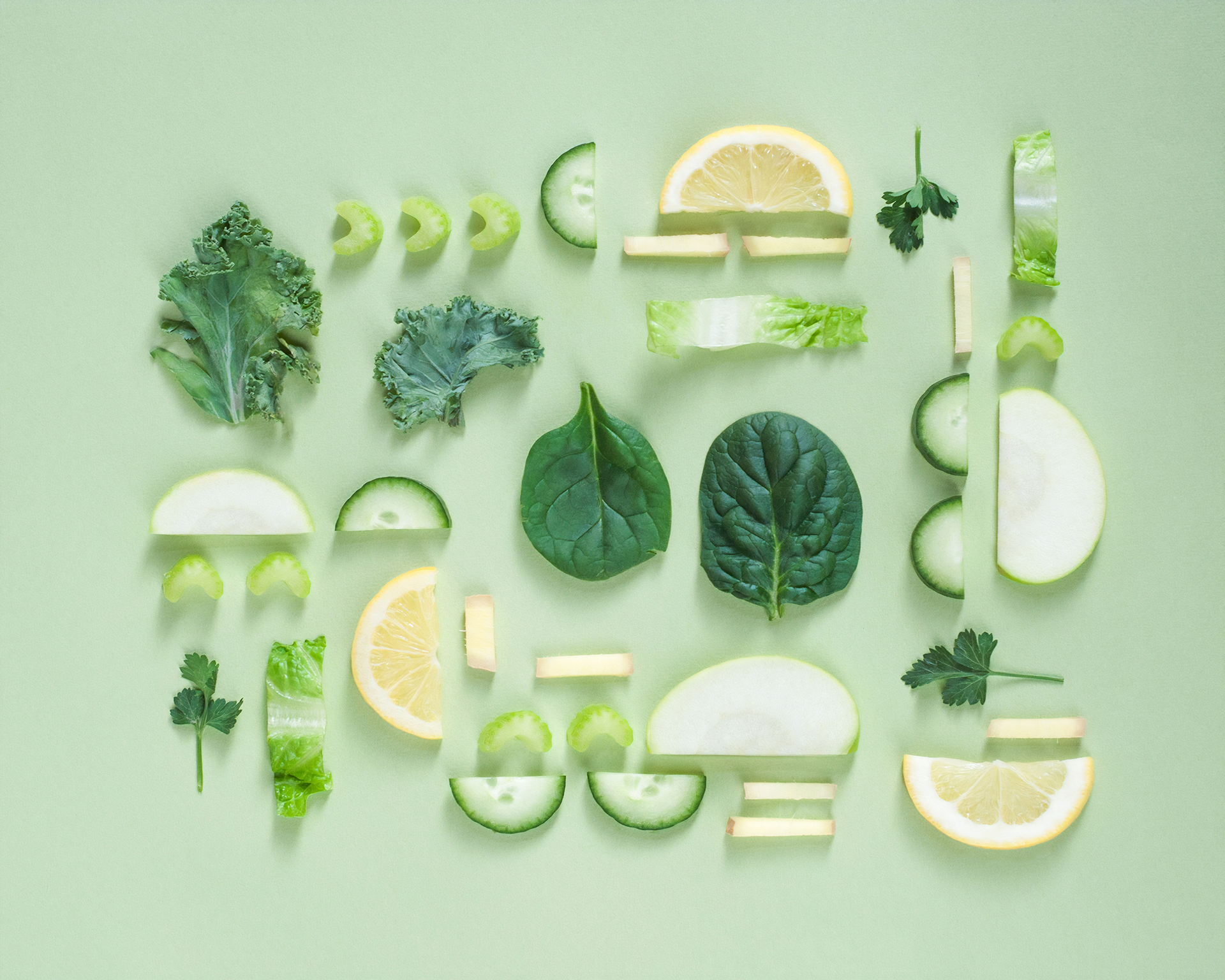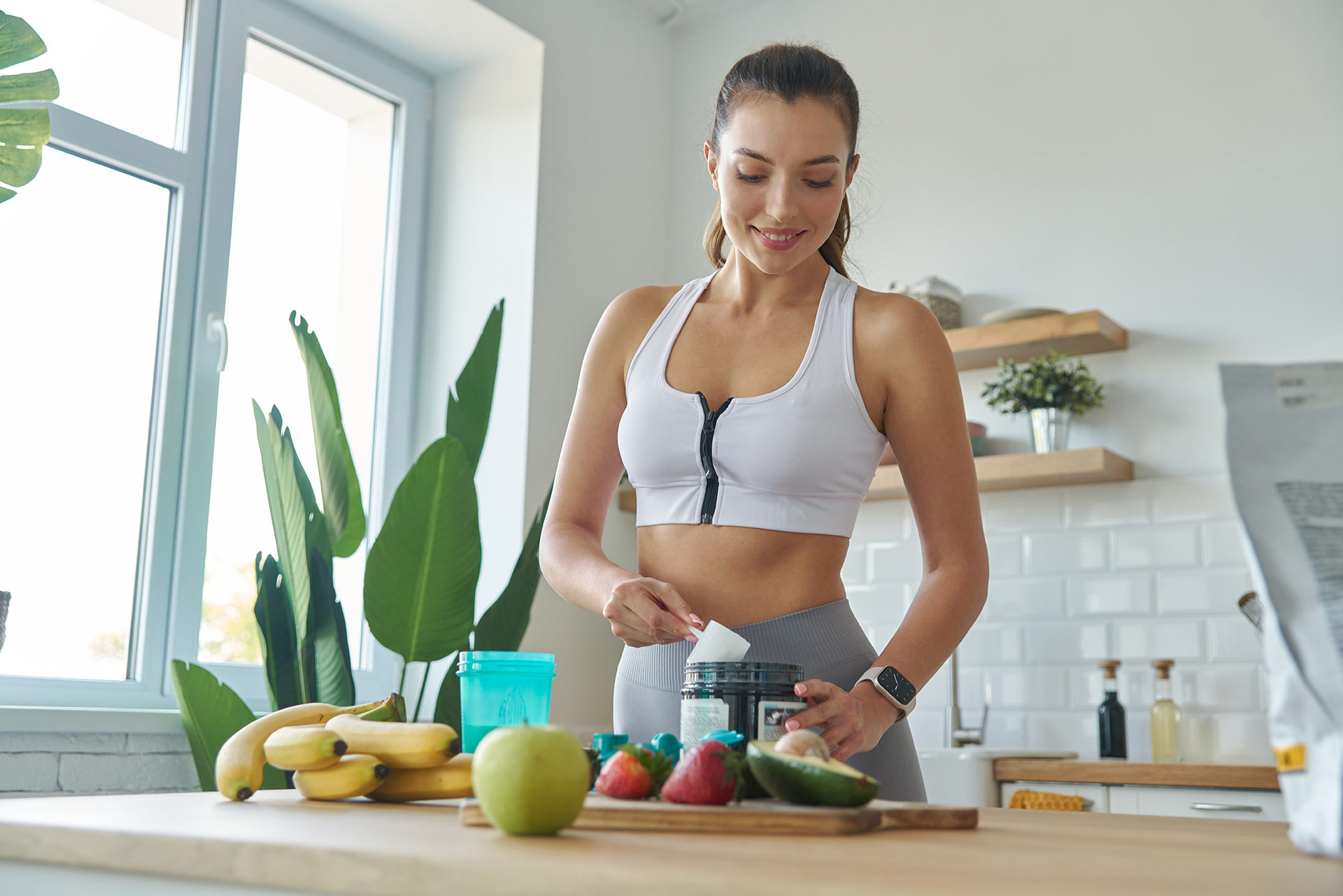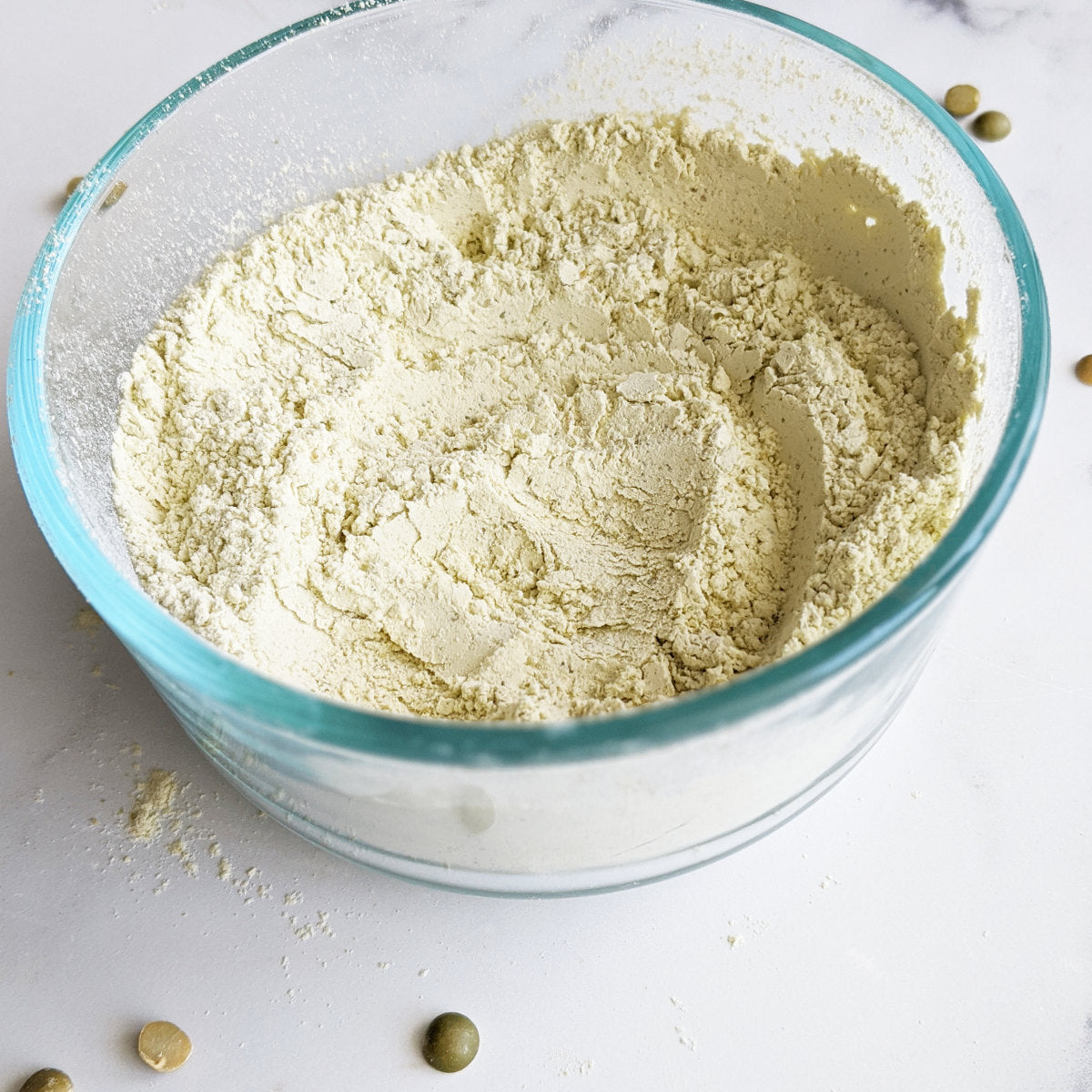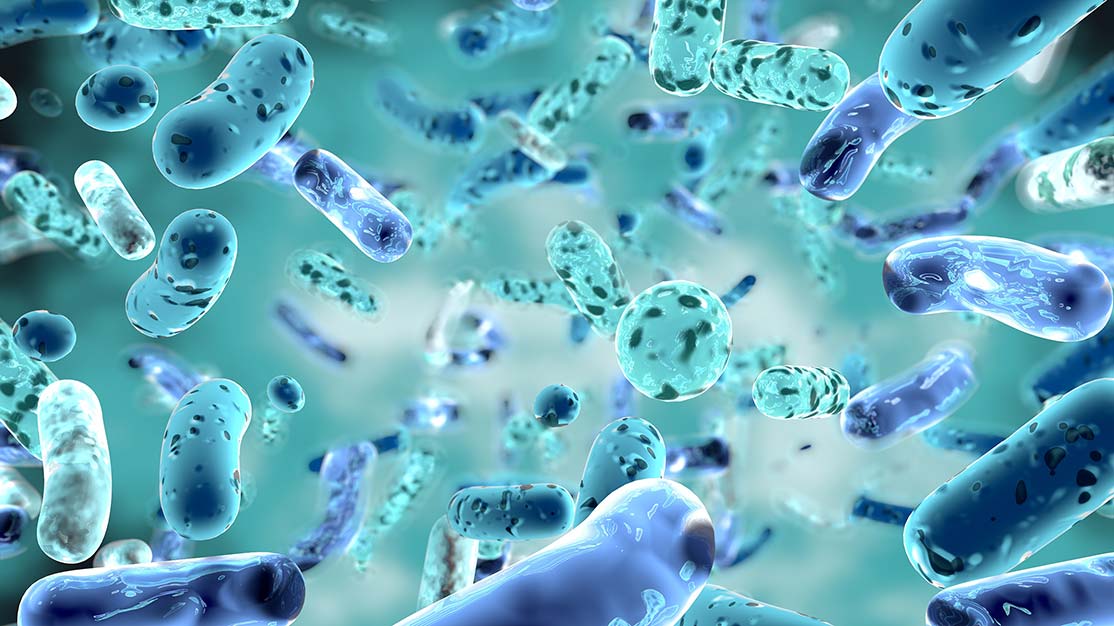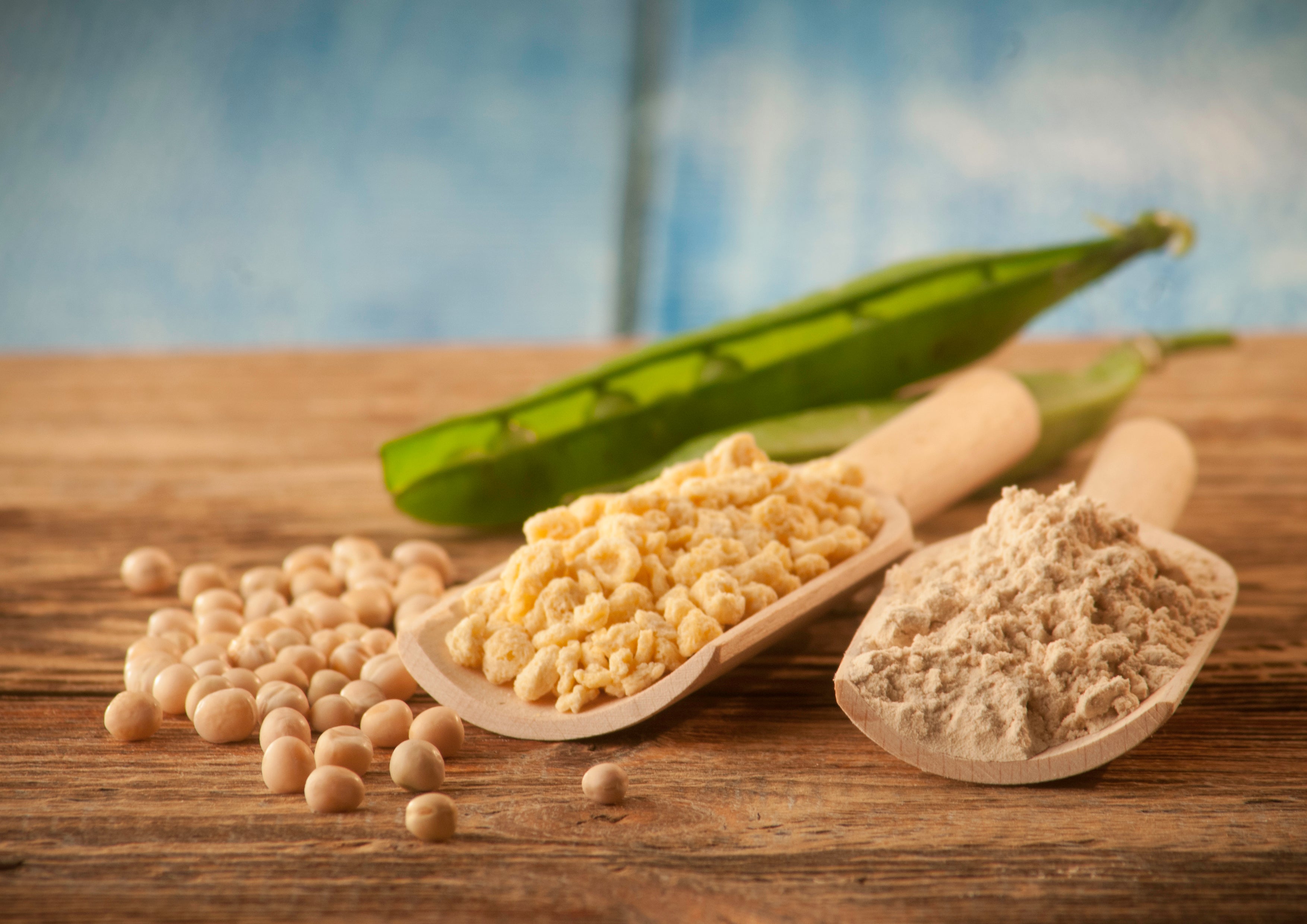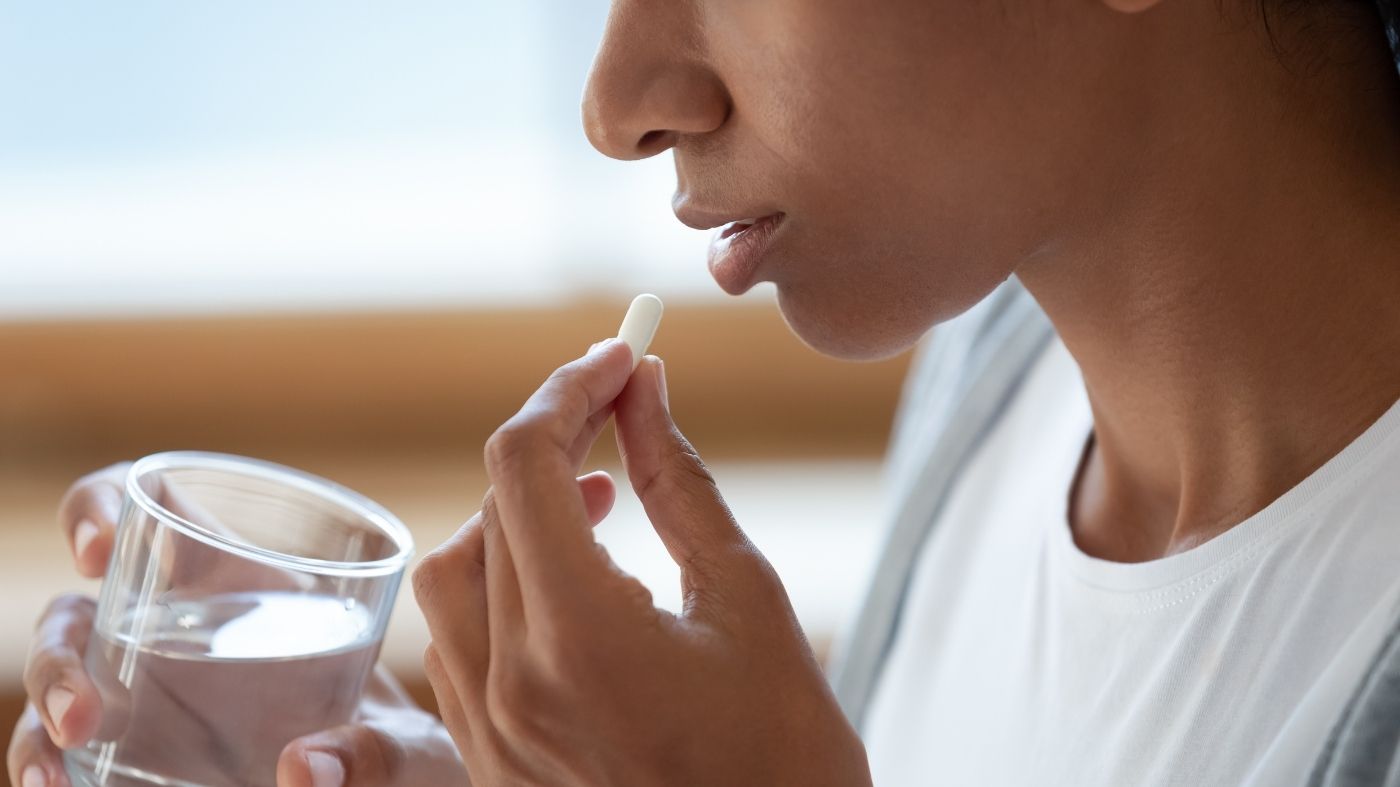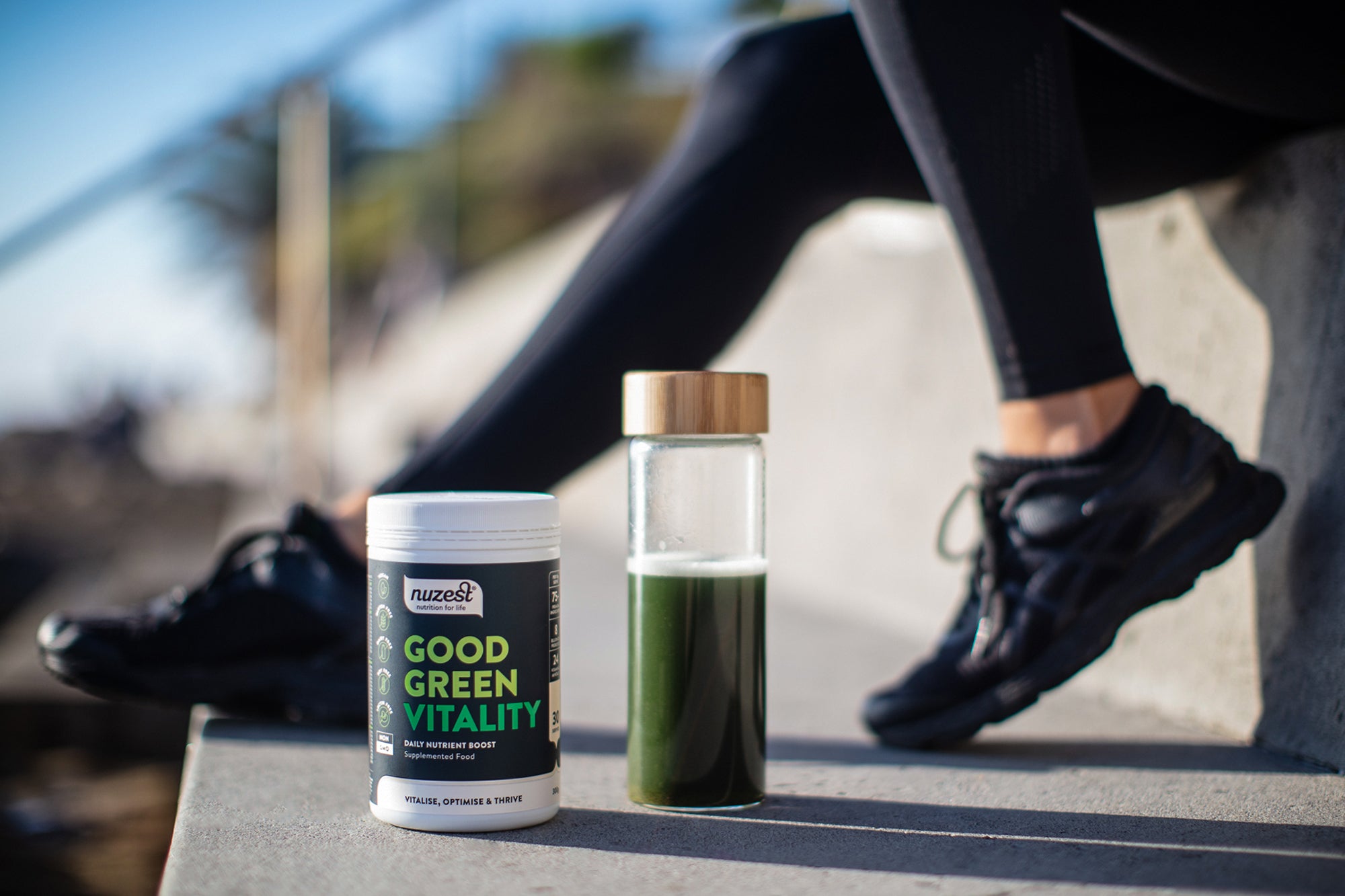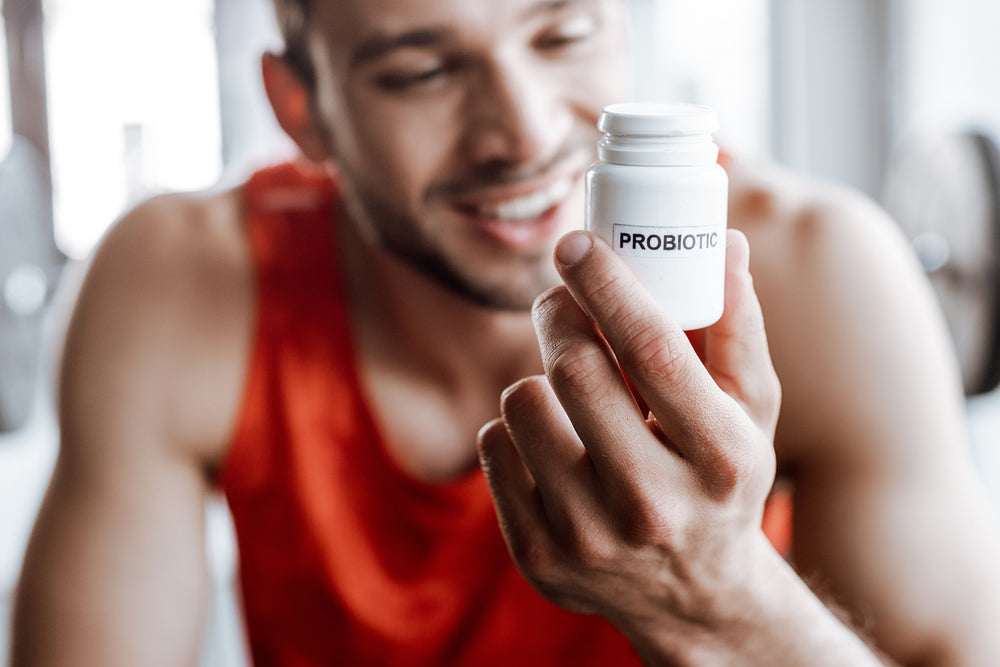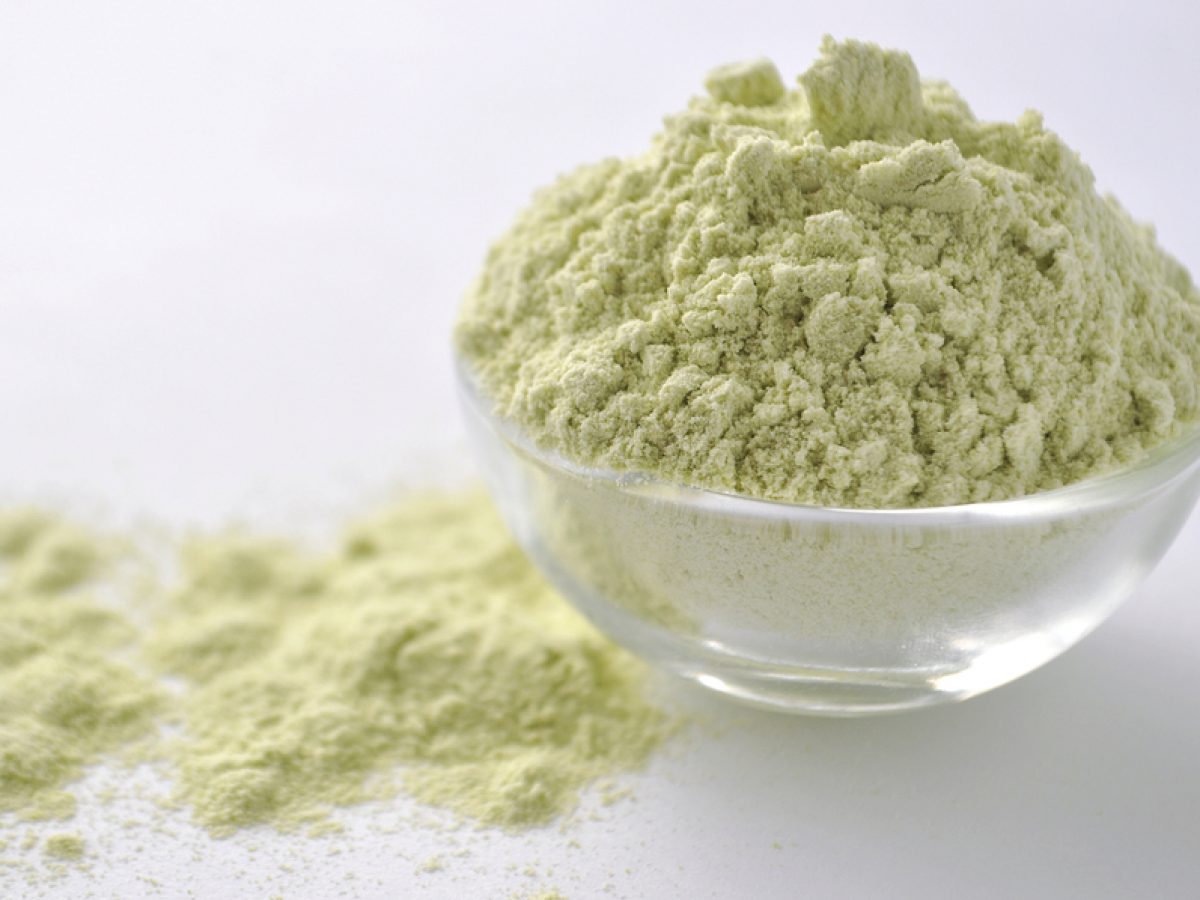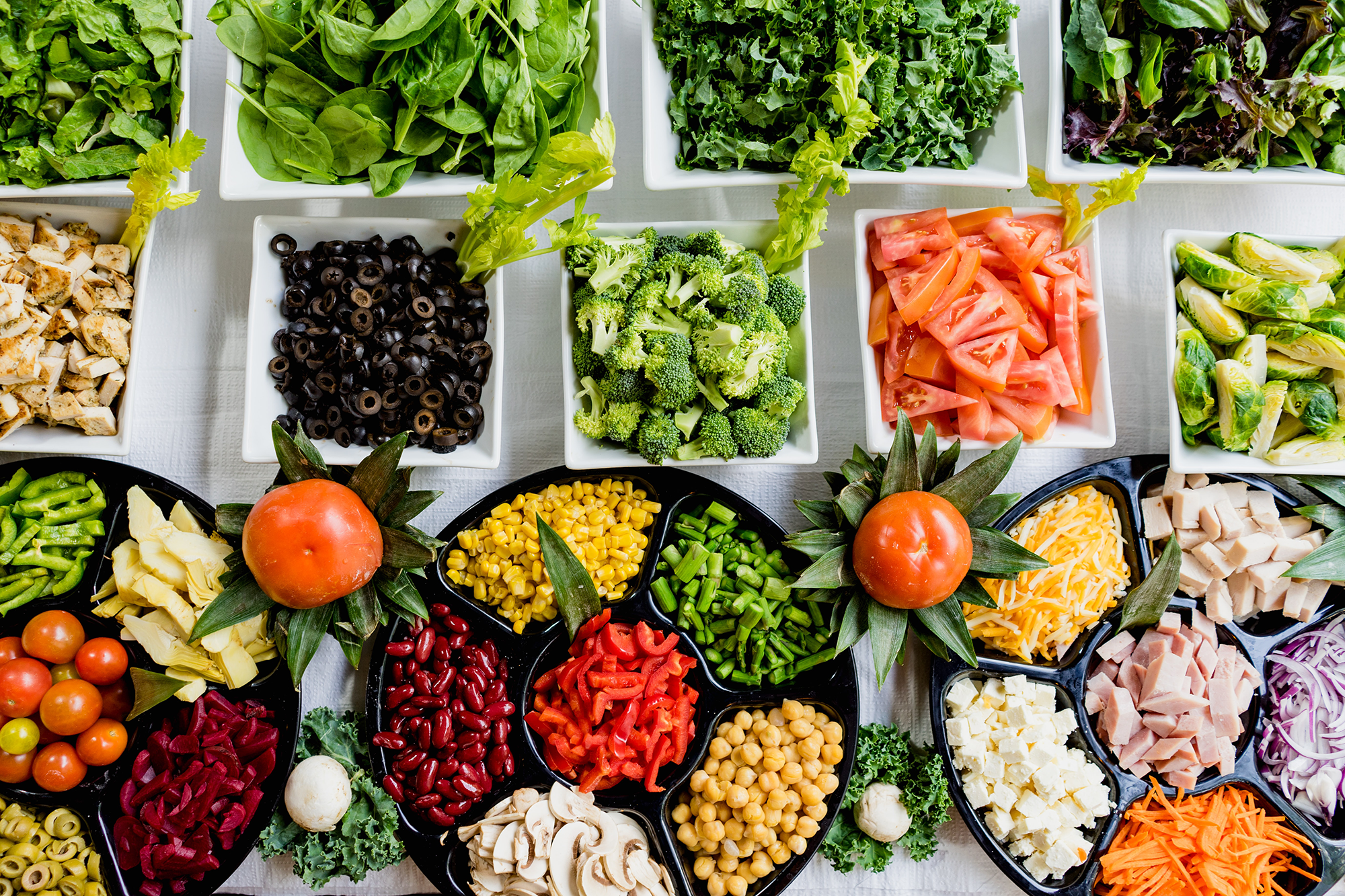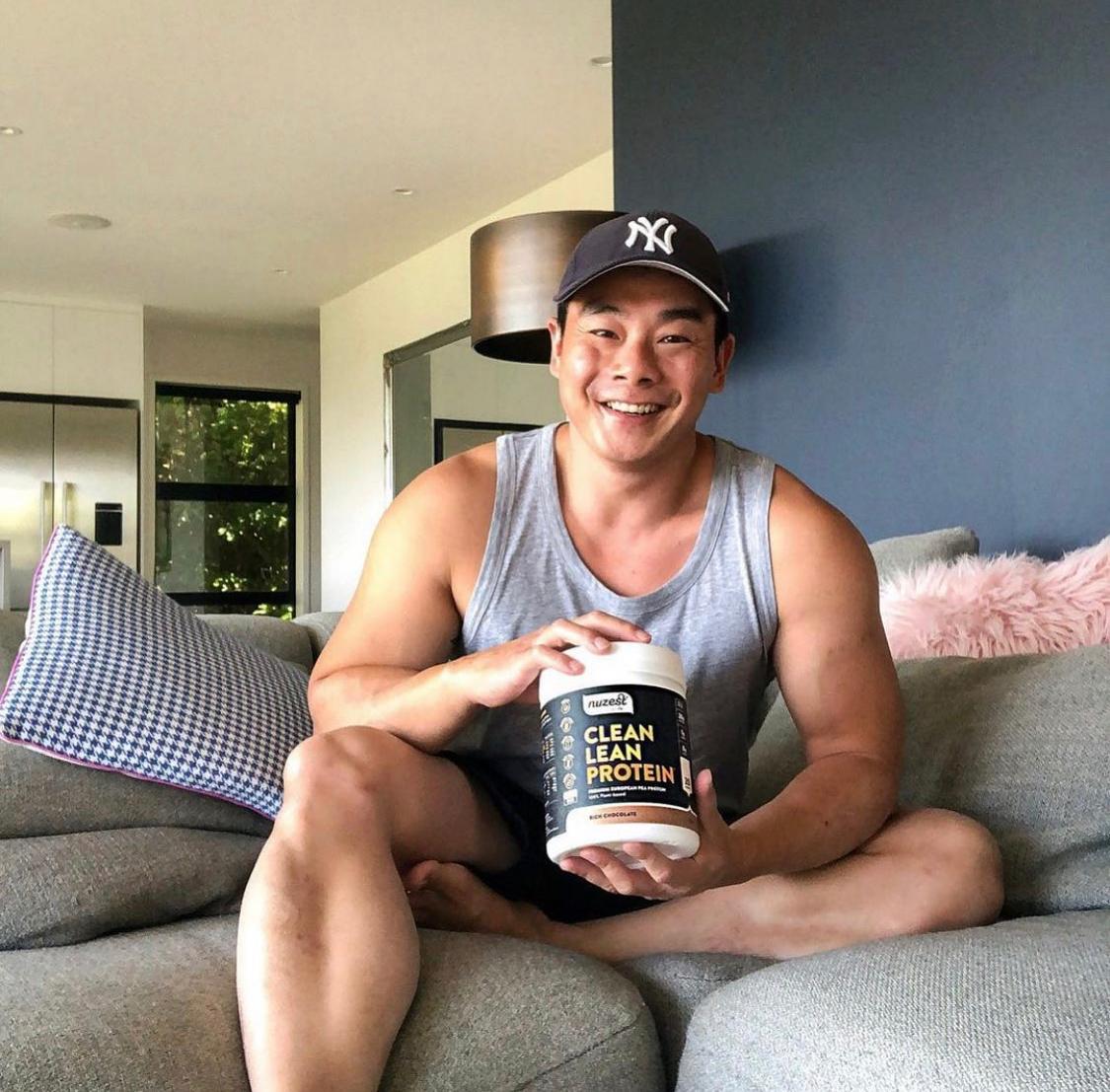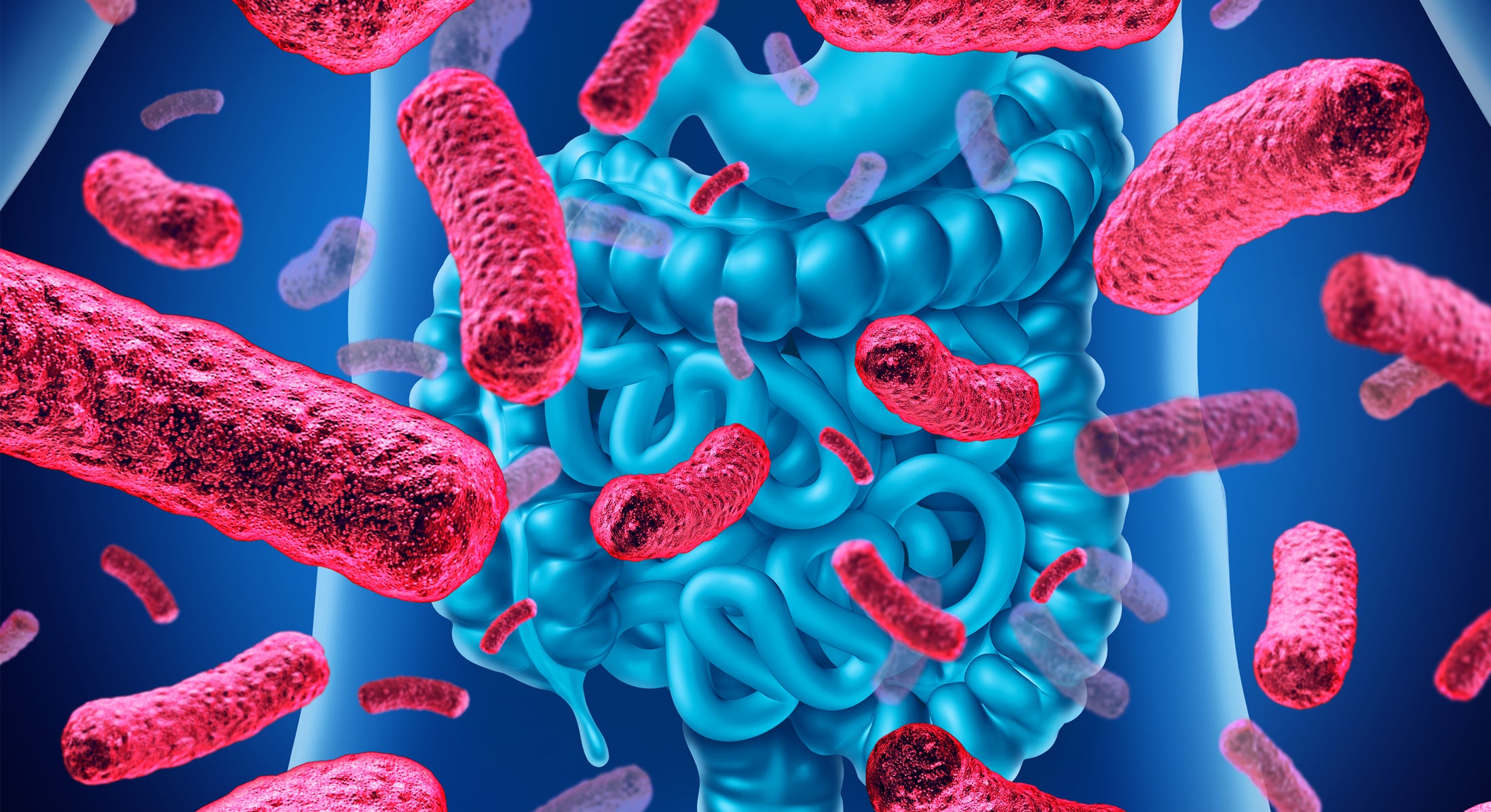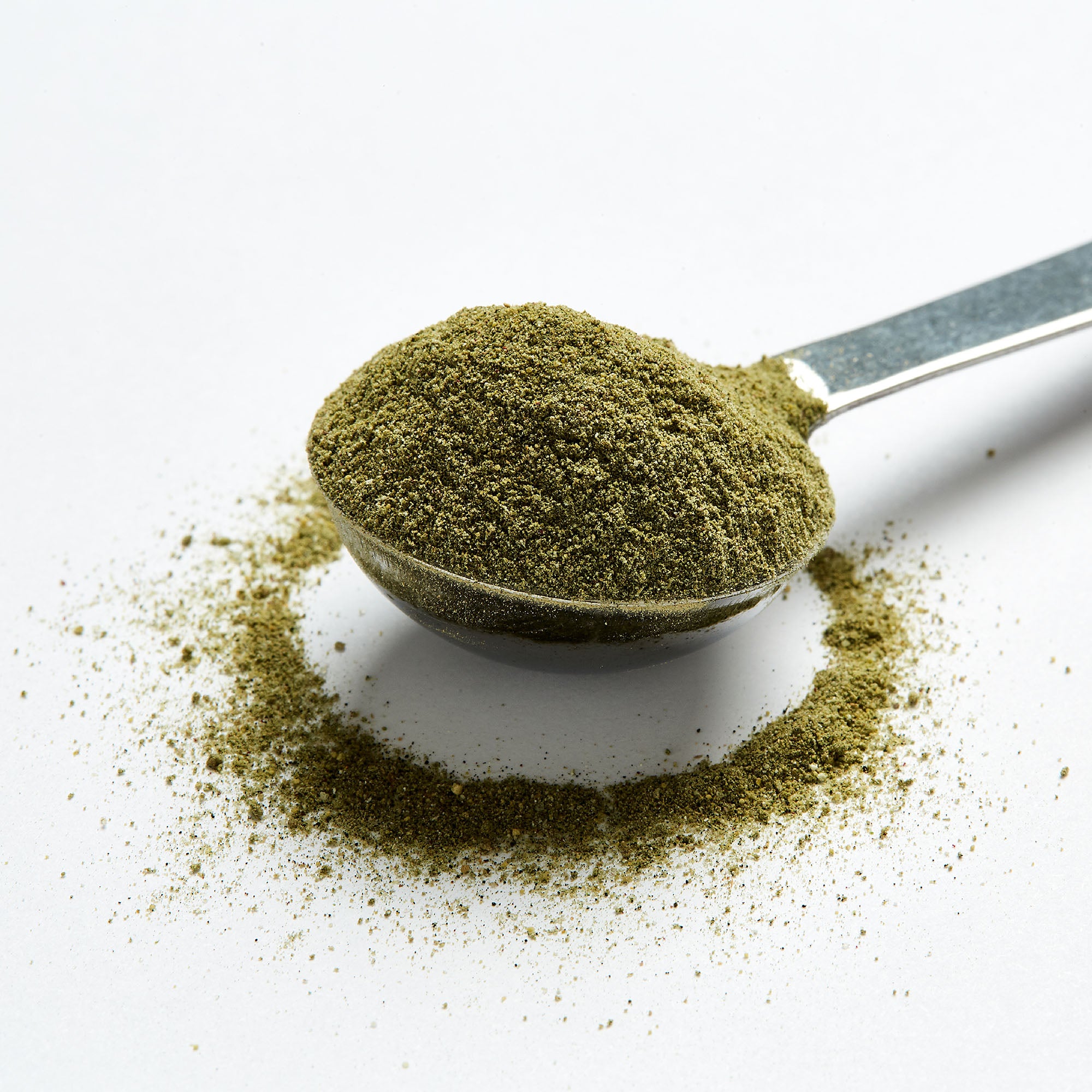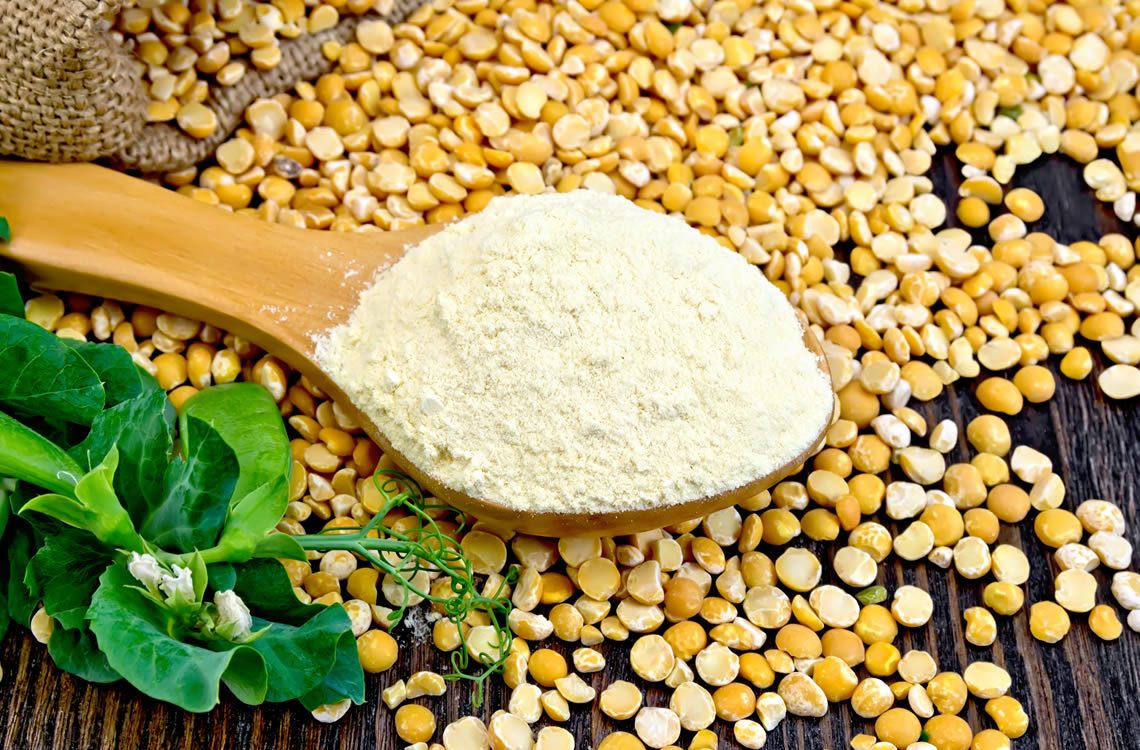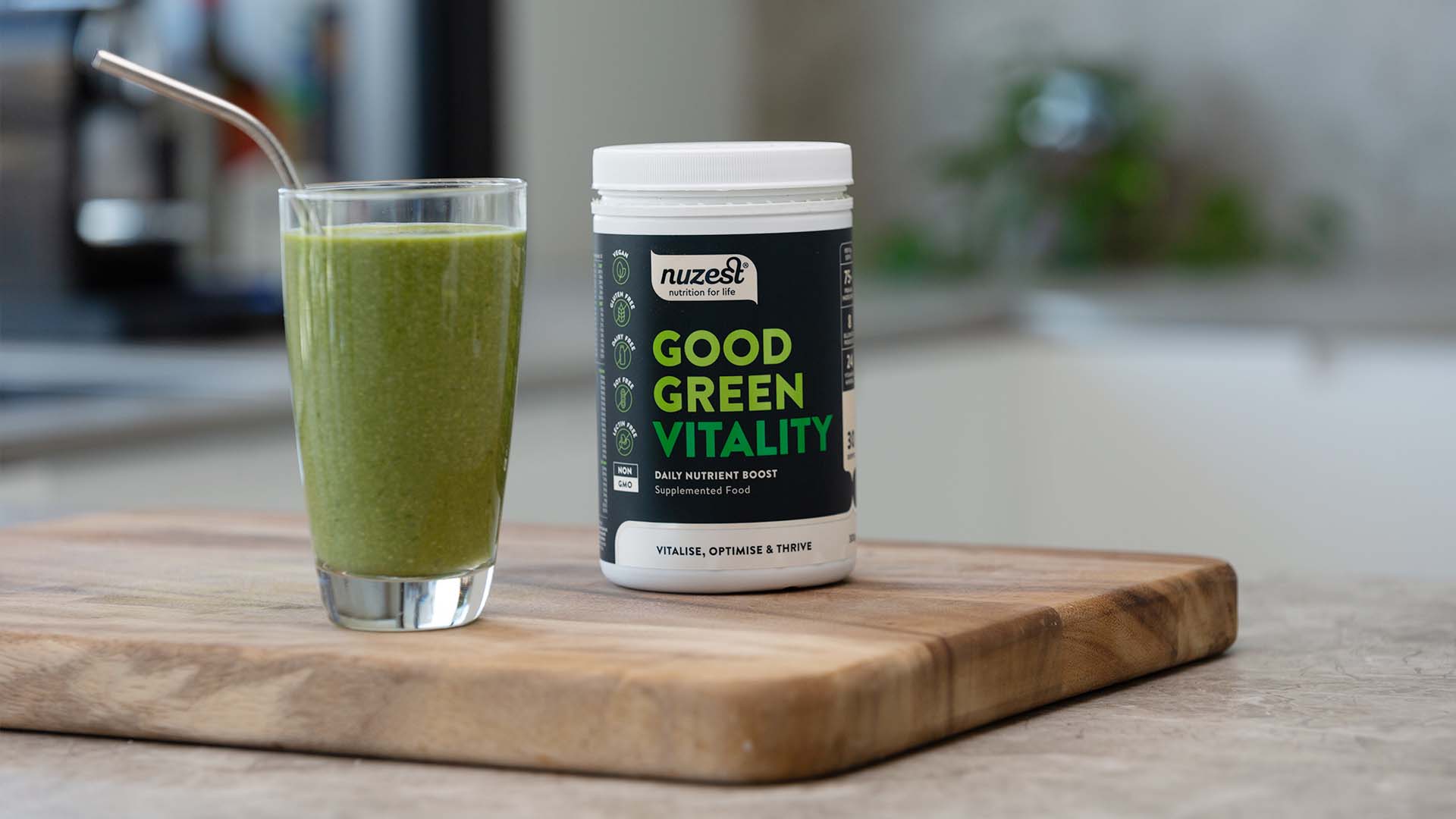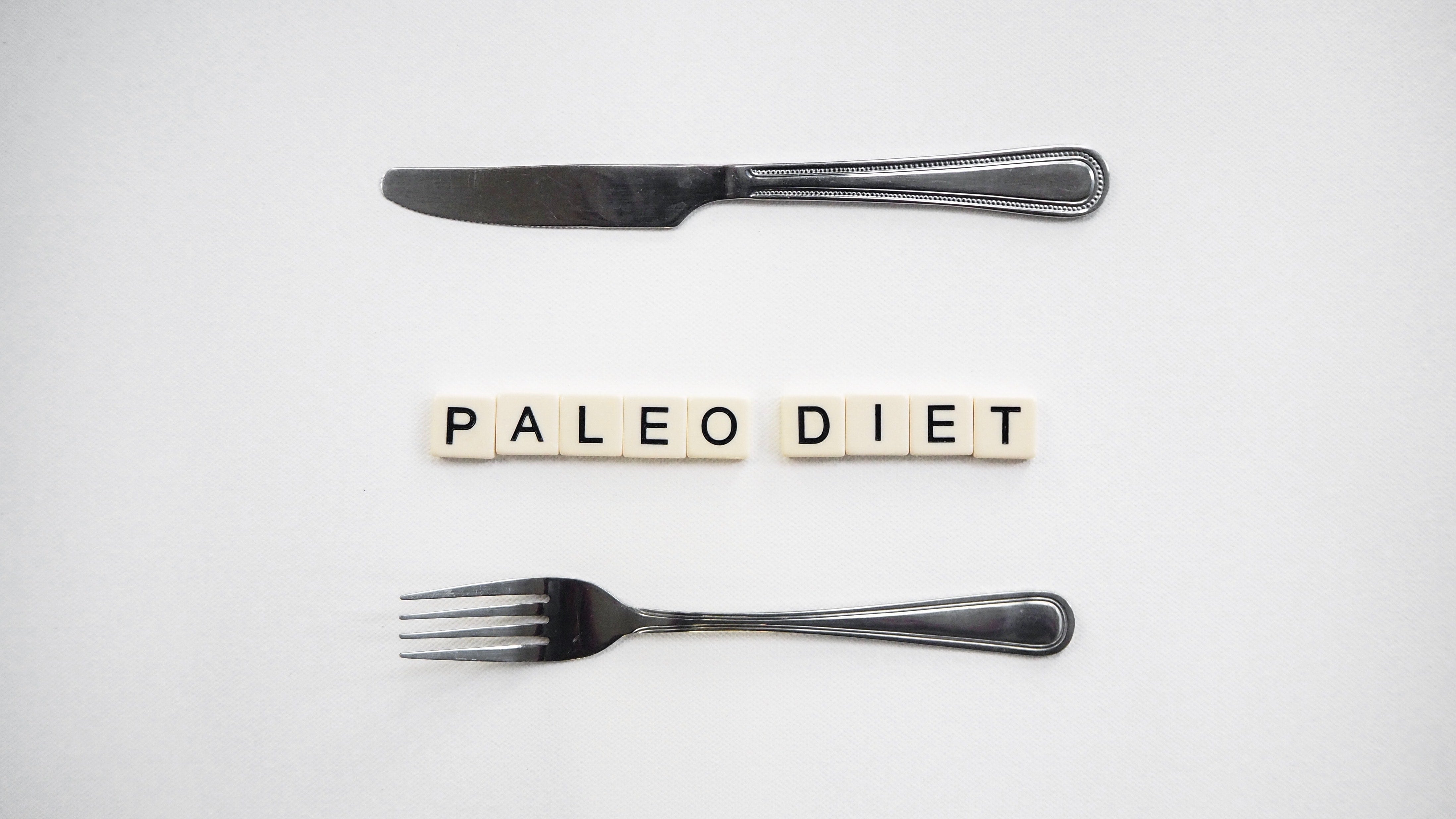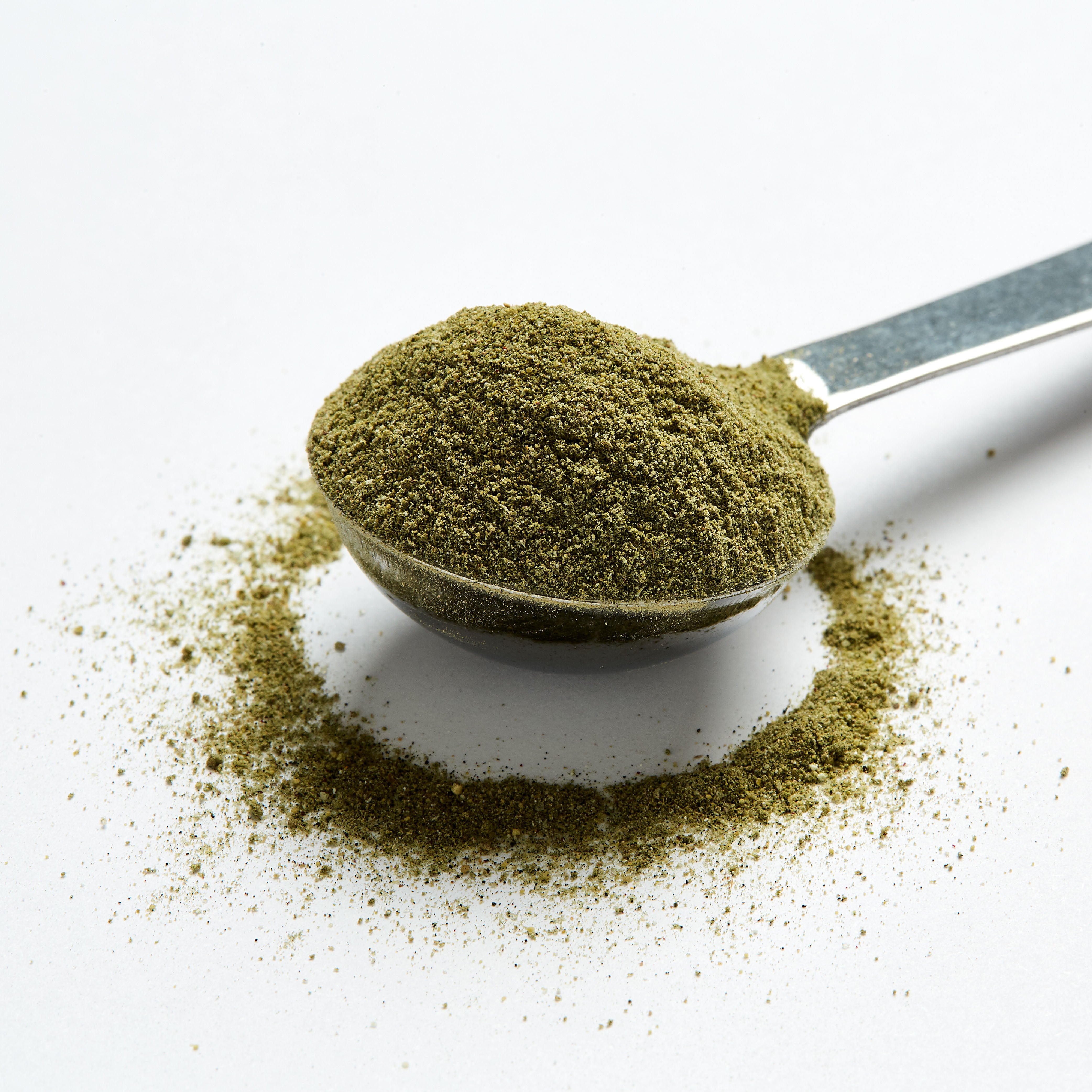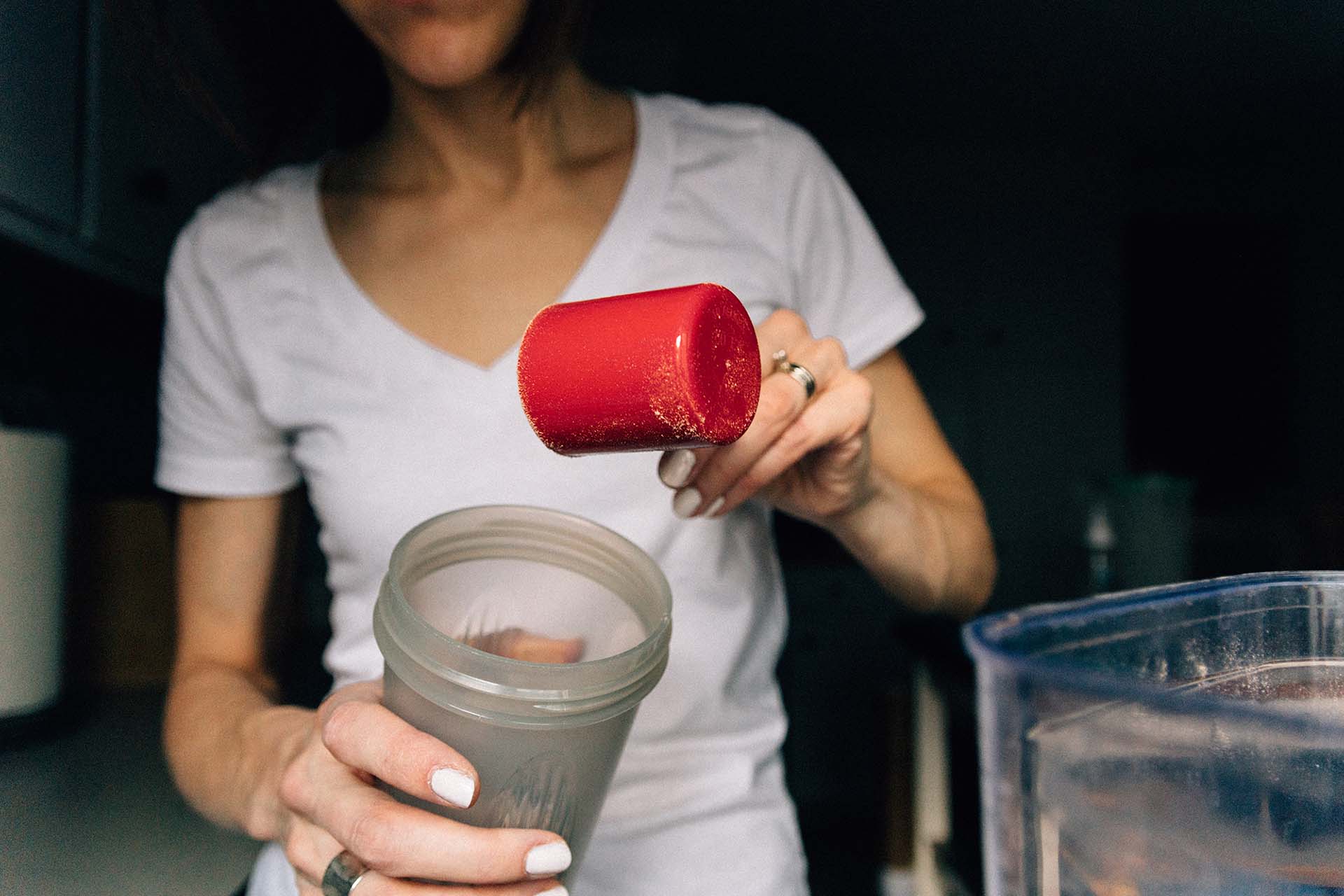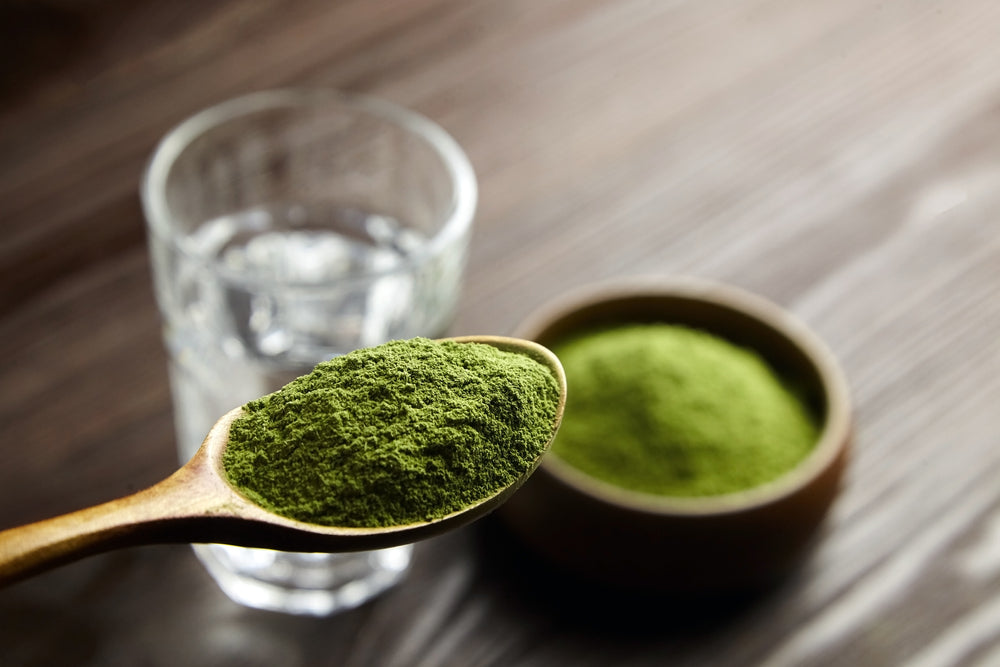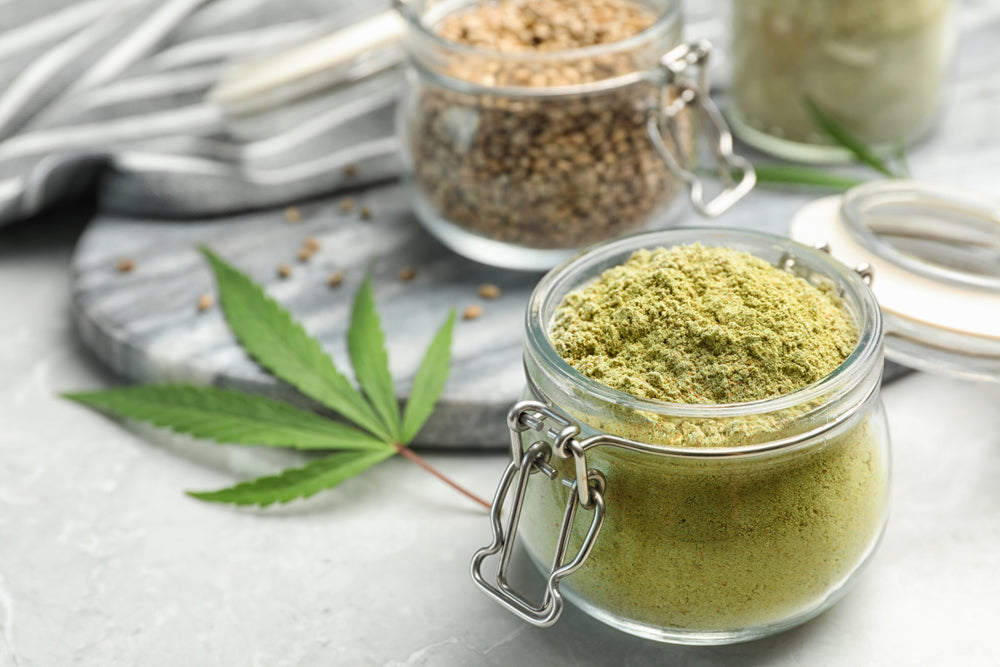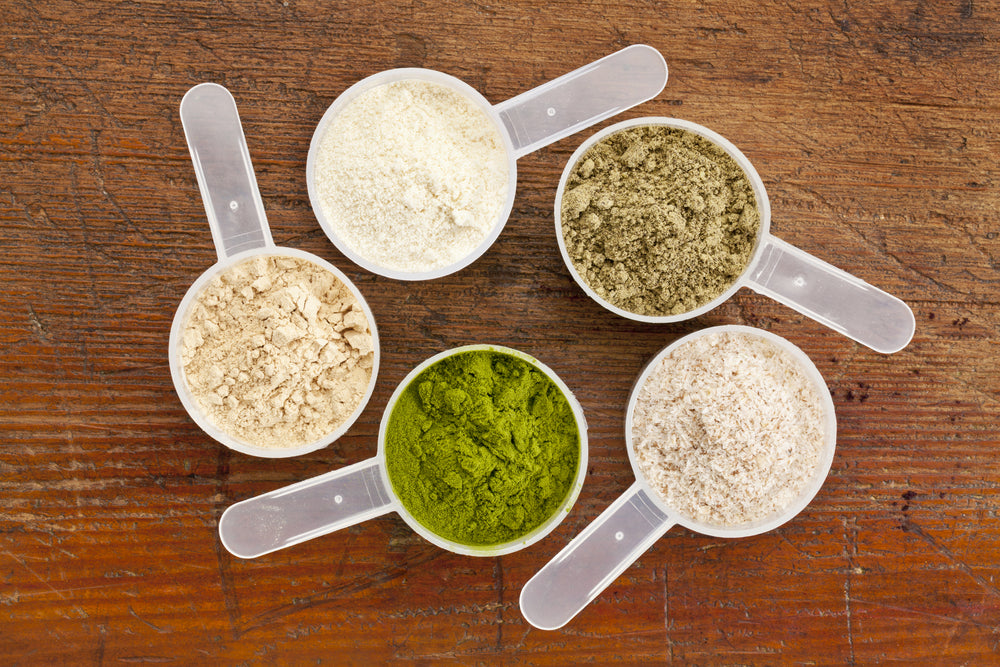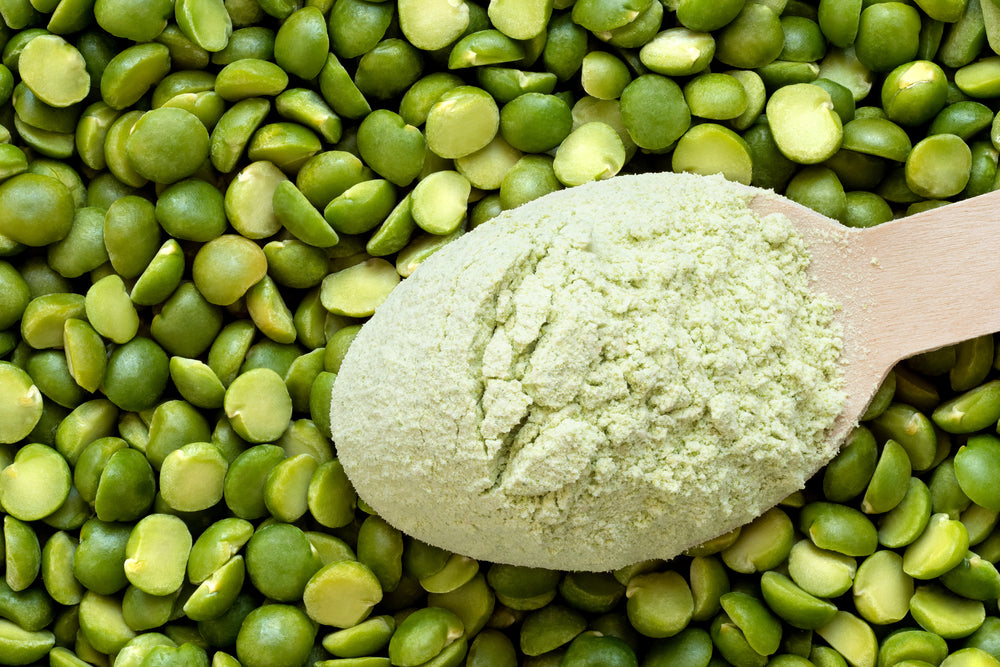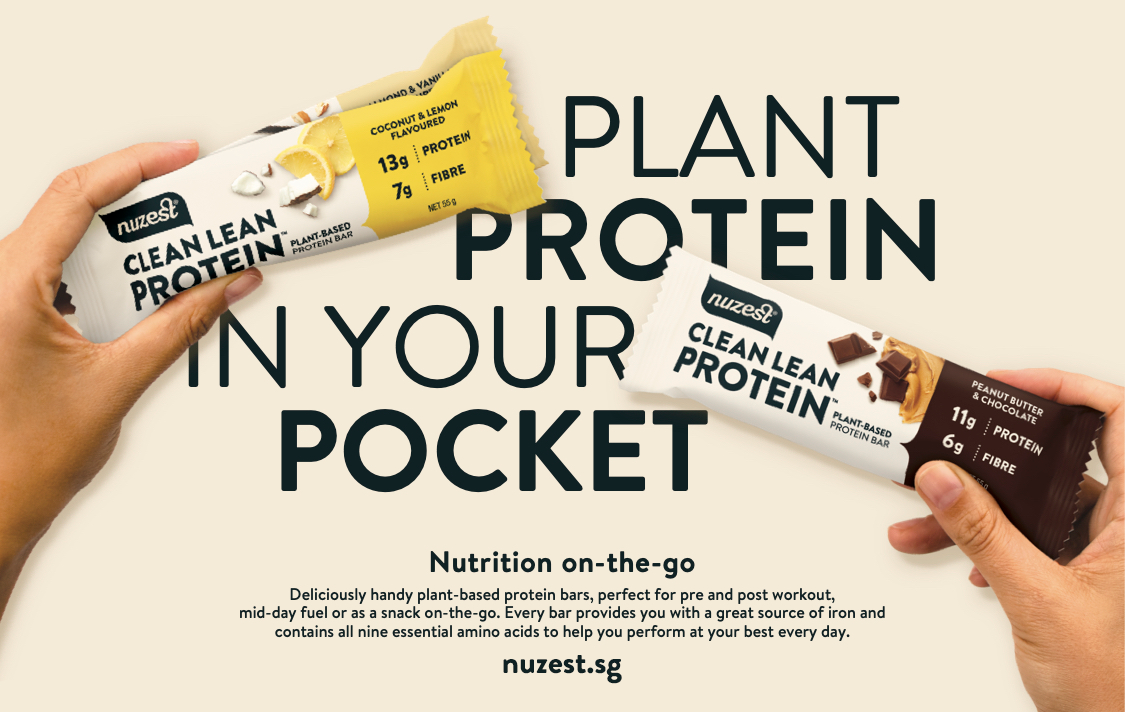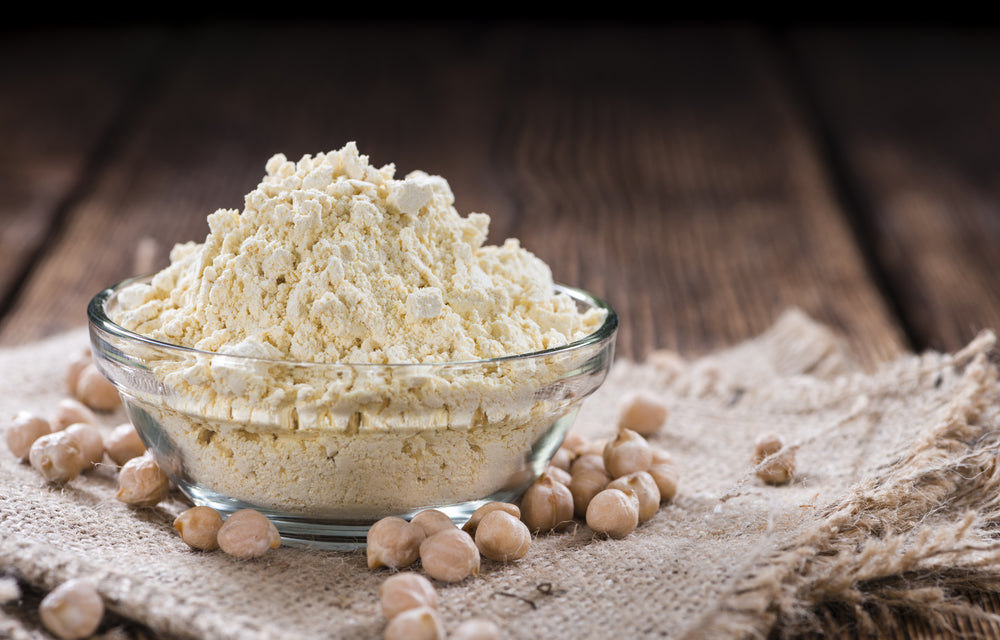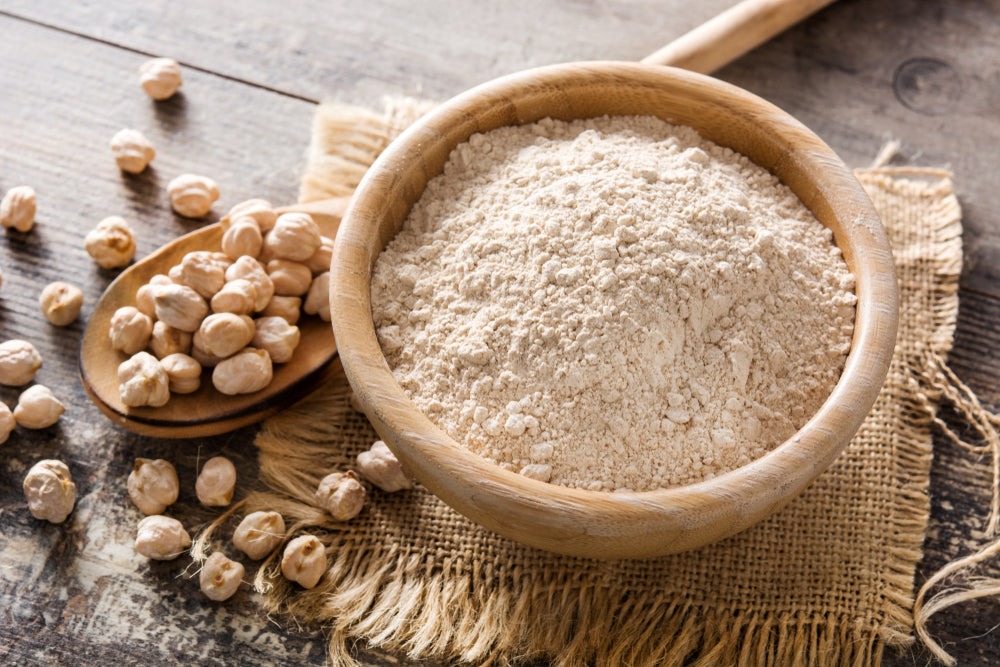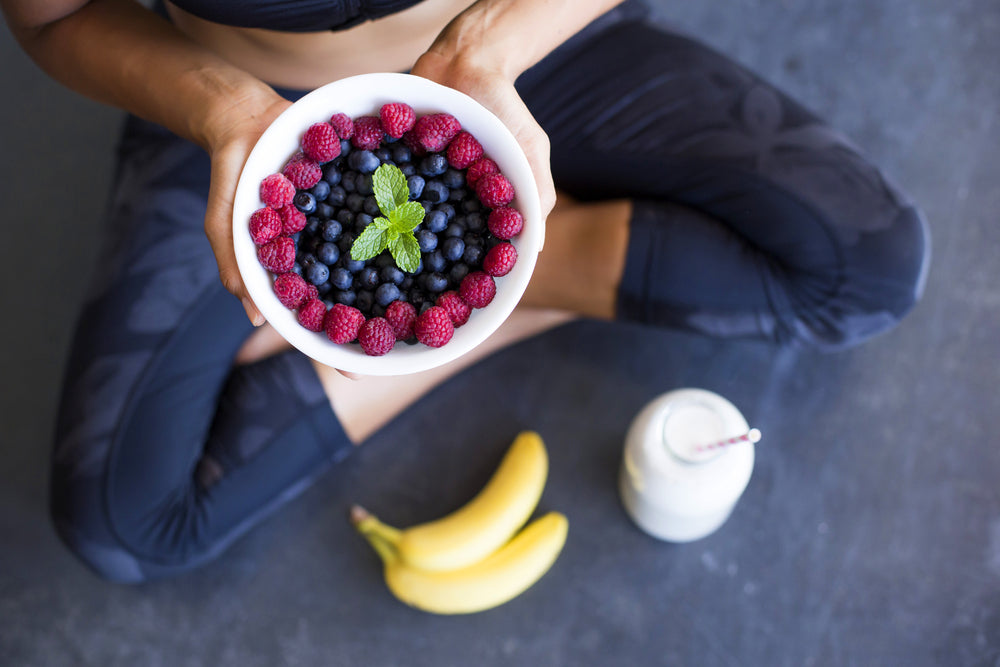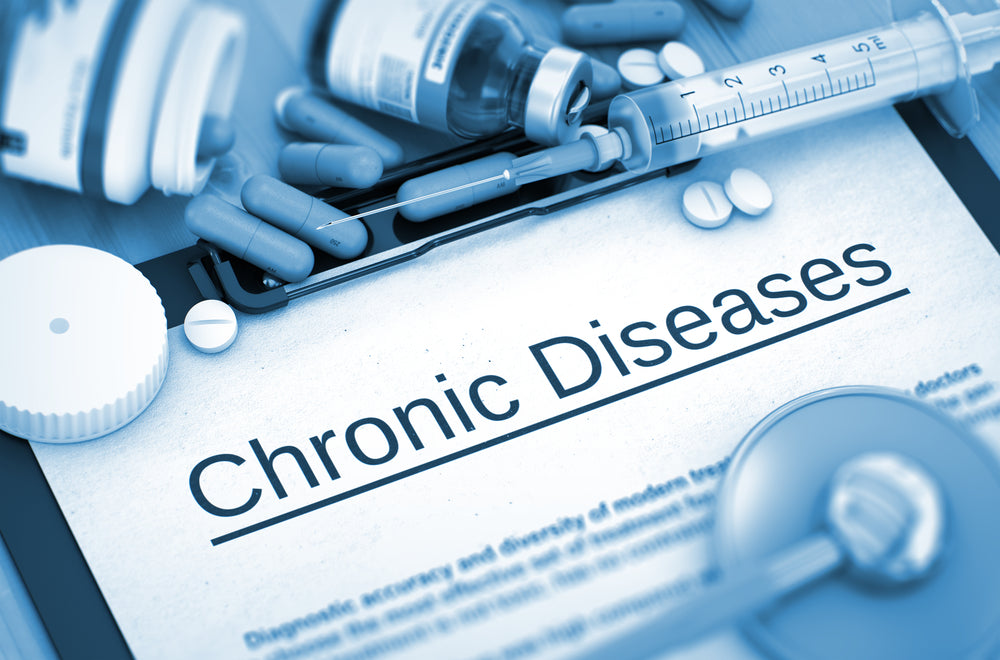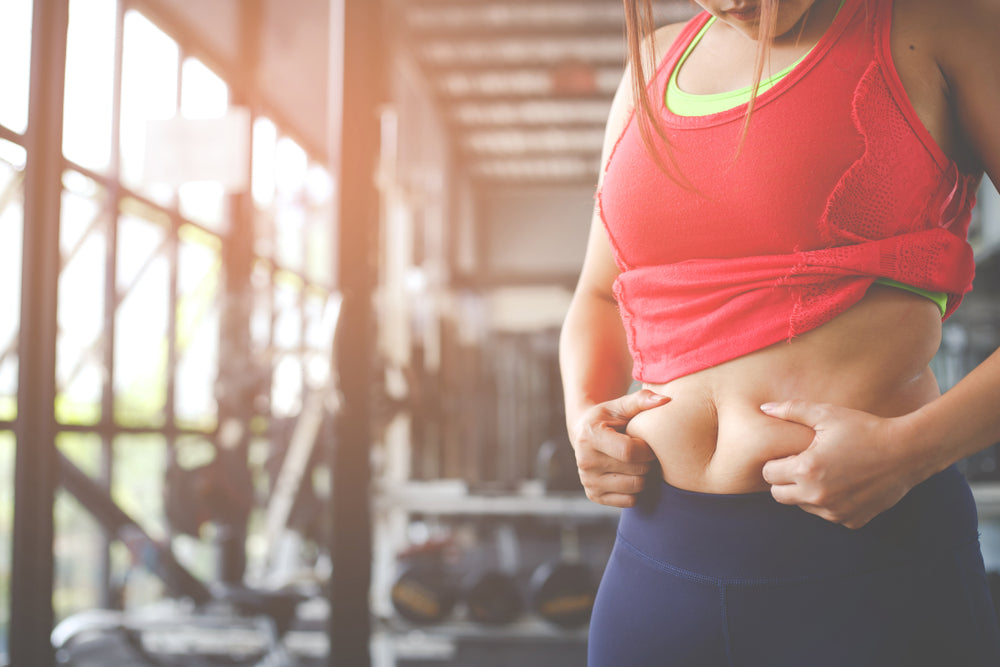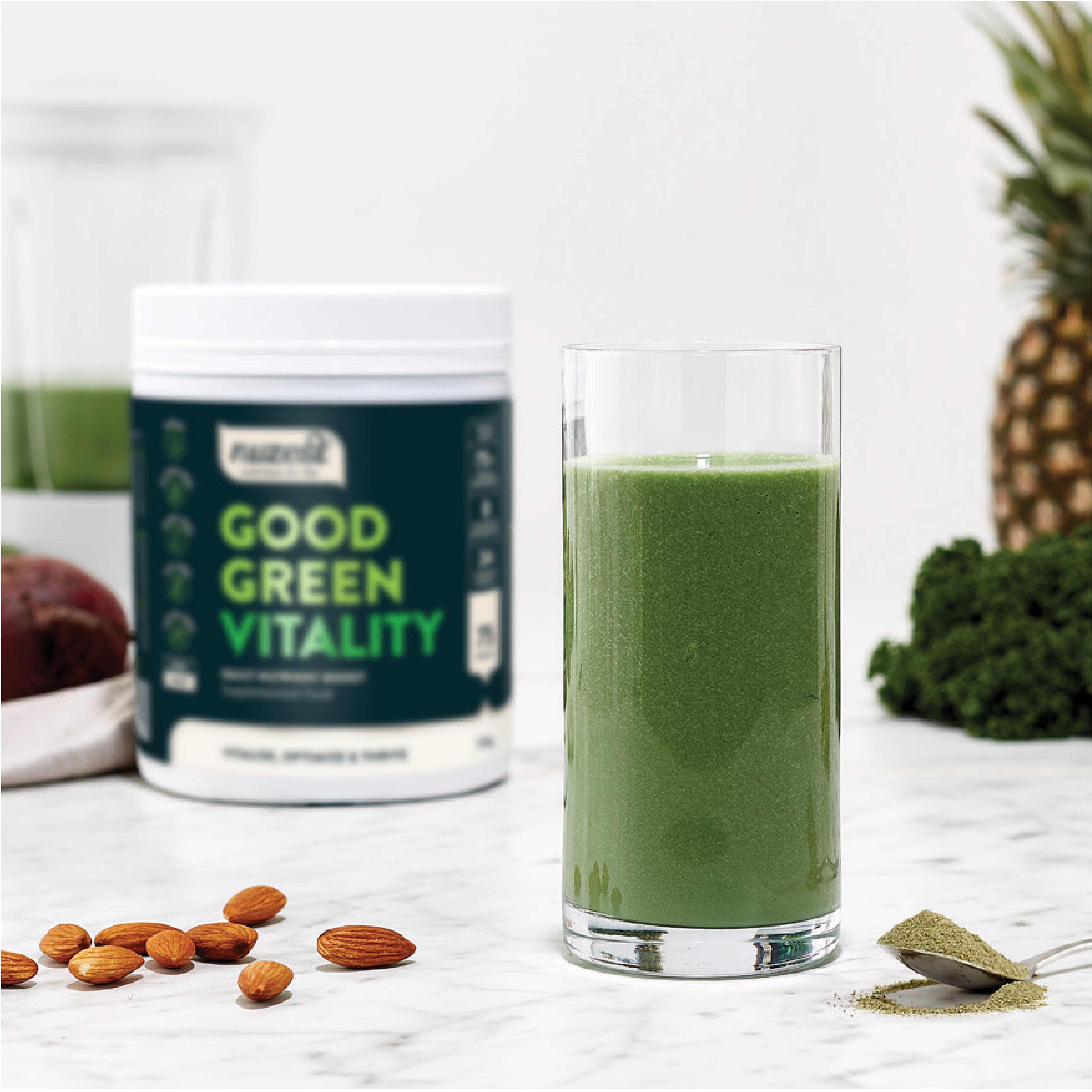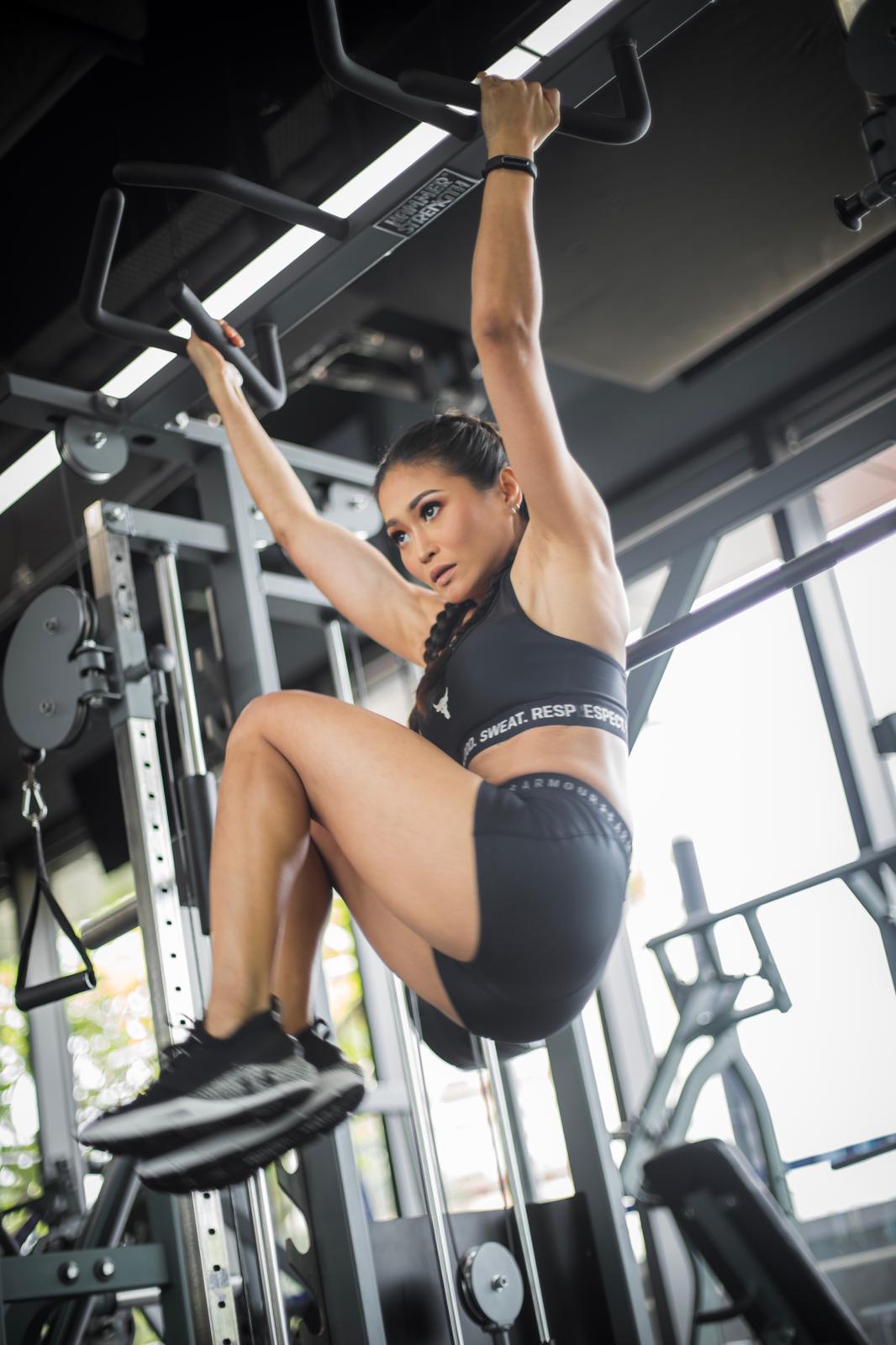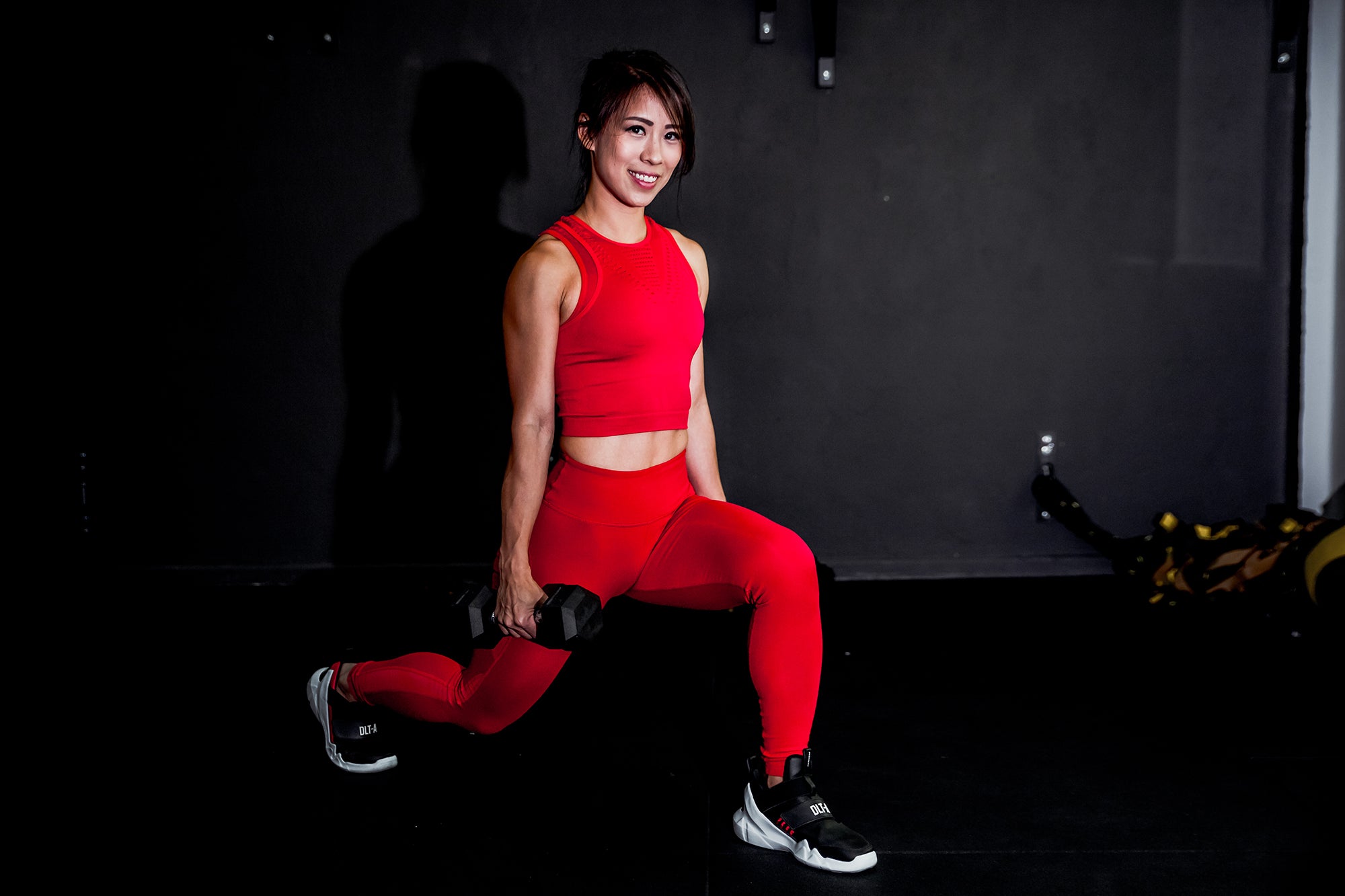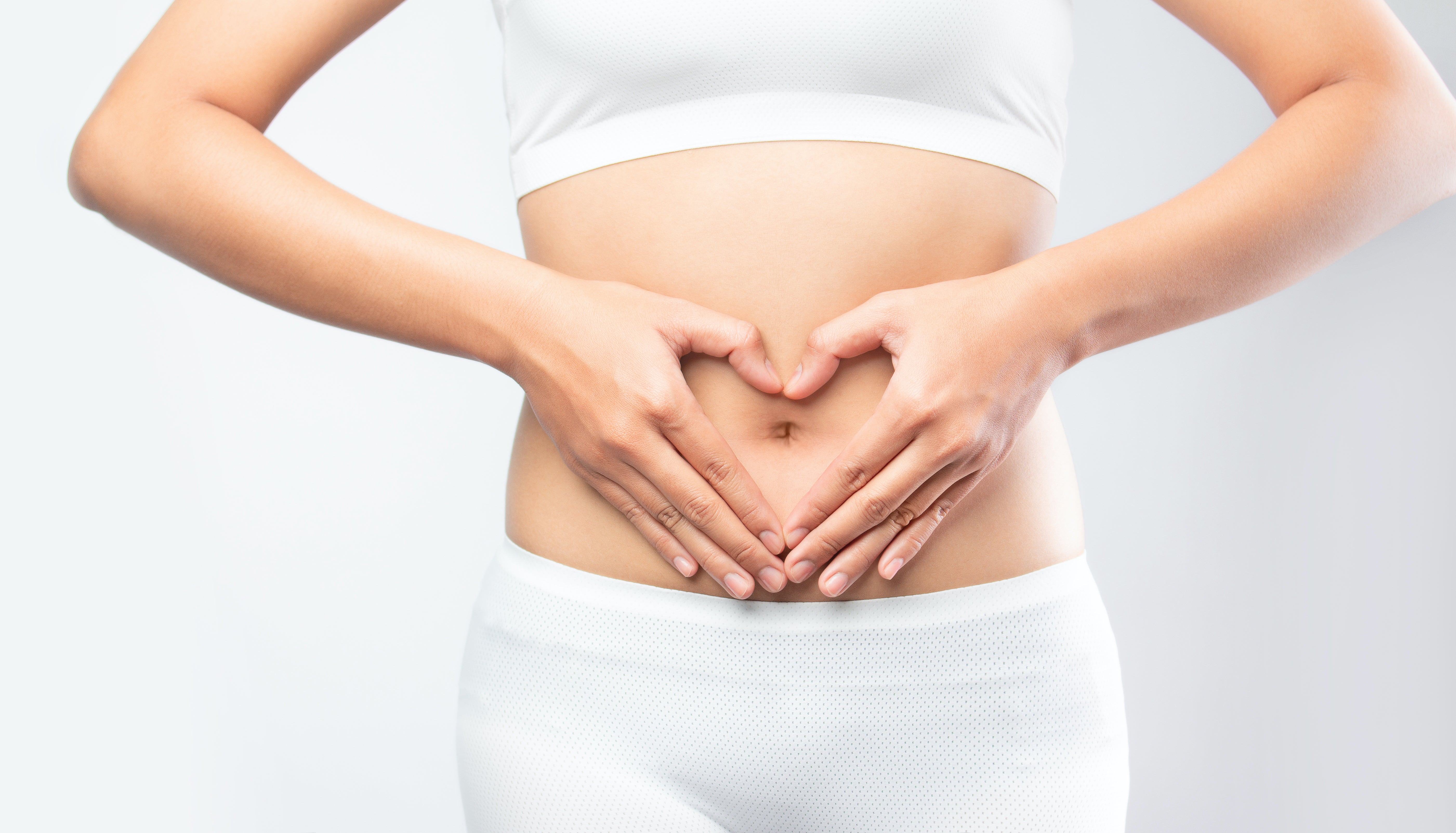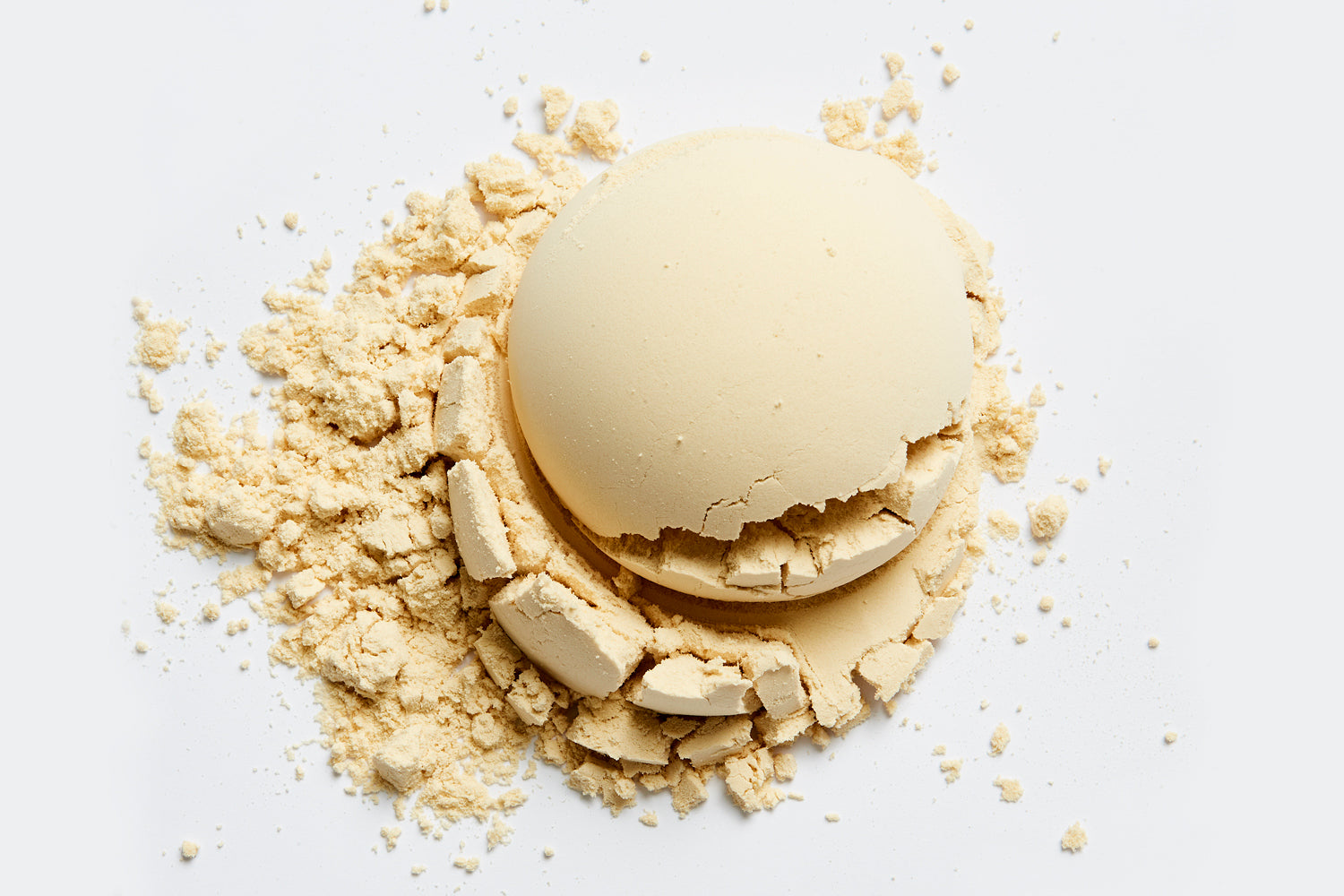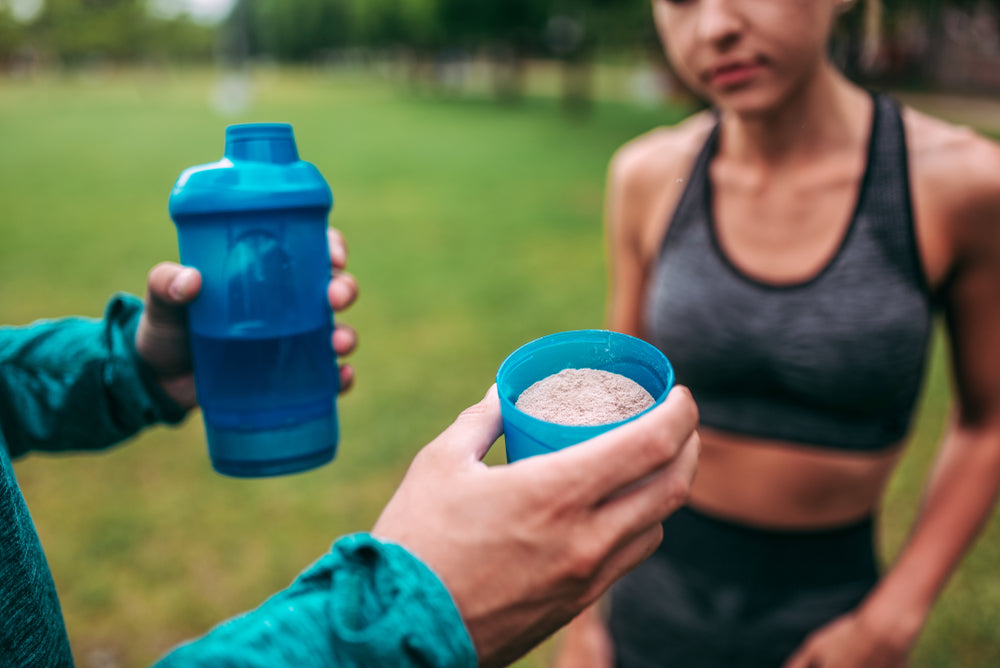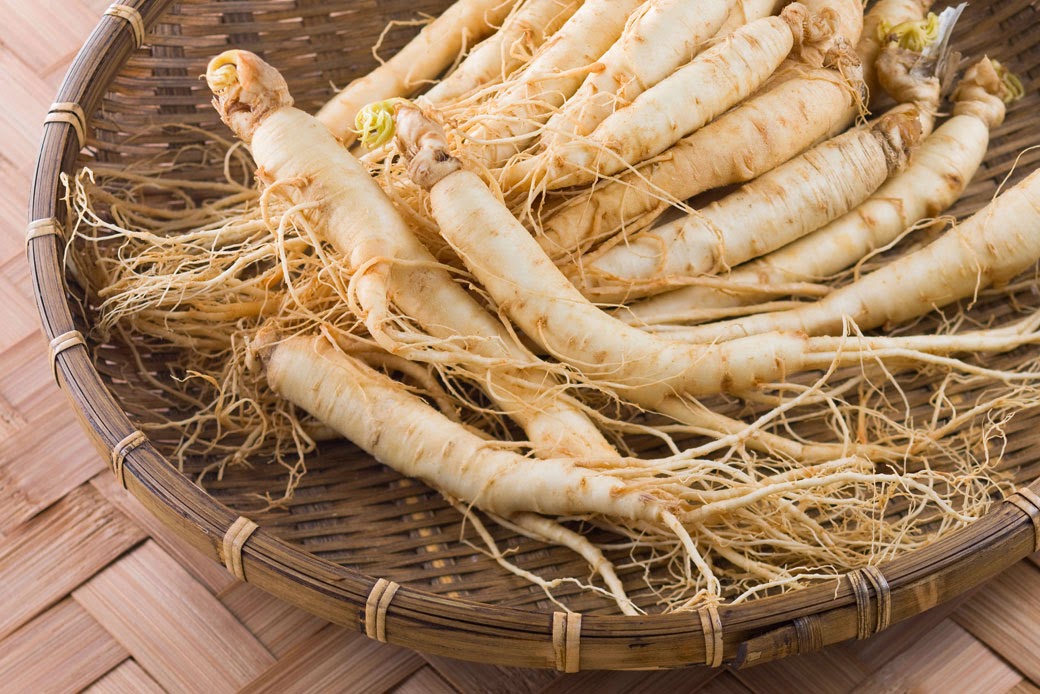Lately, pea protein shakes have captured the attention of many bodybuilders and health enthusiasts who are into healthy plant-based foods and supplements. So, what's so awesome about pea protein shakes?
Pea protein shakes are recognized as one of the excellent protein alternatives for body-building, muscle recovery, weight loss, good digestion, heart and kidney health, animal-based food sensitivities, and more to mention!
Come and dig into the details about pea protein shakes. You will find the answers to the following questions
- What is pea protein shakes?
- Who can take pea protein shakes?
- Why pea protein makes a great plant-based protein shake?
- How to prepare pea protein shakes?
What Is Pea Protein Shakes?
Pea protein shakes are made by mixing the pea protein powder with water or any kind of liquid (i.e., milk).
Pea protein powders are plant-based dietary supplements or nutrition support drinks that supply amino acids. Pea proteins are produced from the yellow or golden split peas of the legume family.
Besides protein, pea protein powders also contain other nutritional ingredients such as vitamins, minerals, and herbs.
Protein shakes are typically taken before and after a workout. They are used for muscle gain, weight loss, and injury recovery. To enhance the taste of pea protein shakes, they can be blended with fruits, vegetables, nuts, yogurt, and others.
Do you need more information about pea protein nutrition? Read All About Protein Nutrition.
Who Can Take Pea Protein Shakes?

Pea protein shakes are usually taken by
- Athletes and bodybuilders.
- Vegans and vegetarians.
- Individuals who need to lose weight.
- People who have limited access to whole protein foods.
- Busy people who do not have enough time to prepare protein-rich dishes and need a convenient protein alternative.
- People who feel they are not getting sufficient protein from diet alone.
- Soy and lactose-intolerant individuals.
- Individuals who are allergic to animal protein sources (whey, eggs, chicken, bloody fish, milk, etc.) and nuts.
10 Reasons Why They Make A Great Plant-based Protein Shake
So, what can you get from pea protein shakes? The potential health benefits of pea protein include:
#1 It contains all 9 essential amino acids.
Pea protein supplements are formulated powdered form, and it is popularly recognized as a great source of essential amino acids that sums up a complete protein.
When we talk about foods with complete protein, it means that it holds all nine essential amino that our body needs - the same kinds of amino acids that you can get from animal protein.
The nine essential amino acids are tryptophan, valine, threonine, isoleucine, leucine, lysine, methionine, histidine, and phenylalanine.
#2 It has Branched-Chain Amino Acids (BCAAs) that support lean muscle mass and muscle recovery.
Pea protein contains significant amounts of branched-chain amino acids (BCAAs).
The BCAAs in pea protein are leucine, isoleucine, and valine. These three essential amino acids play a crucial role in building lean muscle mass and muscle recovery.
According to a study, pea protein powder can enhance your muscle by combining it with resistance training.
It was observed that pea protein has the potential to provide similar results as those who are taking dairy-based protein supplements such as whey protein.
Find out more about BCAAs in pea protein here.
#3 It helps curb hunger and support weight loss goals.
High protein foods take time to digest, unlike simple carbs. As a result, it can help keep you feeling full for an extended period.
Pea protein can potentially boost the feeling of fullness and satiety and minimize your cravings for other high-calorie foods in between meals.
It was shown in a study that consuming 20 grams of pea protein powder half an hour before eating pizza can help cut down the possibility of eating extra calories by up to 12%. Therefore, reduced calorie intake can significantly help with weight loss.
#4 It promotes heart and kidney health.
According to a study, peas contain natural and healthful properties that can help with high blood pressure (HPN) and chronic kidney disease (CKD). Peas have antihypertensive properties that help people with kidney disorders maintain normal blood pressure.
#5 It supports digestion and eases bowel movement.
Pea protein contains healthful properties for digestion relief. It is light on the stomach and easily digestible.
#6 It is a good protein source for vegans and vegetarians.
Pea protein shakes is plant-based protein formula for vegans and vegetarians and for those who are trying to transition from consuming animal sources to plant sources.
#7 It can serve as a grab-and-go protein food.
Instead of cooking protein-rich dishes from scratch, you can have a food that completes the protein you need with just a mixture of the pea protein powder and any preferred liquid.
It saves you time and stress from the food preparation!
#8 It is low in calories.
A typical serving of protein shakes can give you around 100 calories and above.
That's approximately equivalent to eating a half cup of cooked, boiled rice or 4 ounces of boiled potatoes.
#9 It is free from allergens.
Unlike whey protein, casein protein, soy protein, and other protein powders, pea protein powders do not contain allergens. It is free from eggs, milk, seafood and shellfishes, wheat, peanuts, soy, tree, and nuts. Thus, pea protein can't cause allergic reactions.
#10 It is earth-friendly.
The production of peas is done in an environmentally sustainable way. Here's why.
- Pea cultivation requires less land.
- Pea plants do not demand high amounts of water to grow.
- Peas do not excessively use commercially-produced nitrogen fertilizer.
- Peas add nitrogen to the soil, making the soil healthy for the next cropping season.
- Peas can help reduce carbon emissions.
How To Make A Pea Protein Shake?
The procedures on how to make a pea protein shake and the powder-to-ratio requirements may vary from brand to brand. Just make sure to read and follow the manufacturer's instructions on the label.
Generally, you just need to combine one serving of the pea protein powder with water or any kind of liquid in a tumbler, then shake it until the mixture is combined well.
If you prefer to enhance the taste and nutritional profile of your pea protein shakes, you can add other ingredients such as the following:
- Leafy vegetables, i.e., lettuce, kale, spinach, etc.
- Other vegetables, i.e., carrots, pumpkin, cucumber, celery, etc.
- Fruits, i.e., berries, mango, strawberries, pineapple, banana, etc.
- Base liquid, i.e., fresh milk
- Meats, i.e., fish meat, eggs, chicken breast, etc.
- Chocolates
- Yogurt
- Seeds, i.e., chia seeds, hemp seeds, pumpkin seeds, etc.
- Nuts, i.e., almond, hazelnut, walnuts, etc.
- Coffee
Pea Protein Shake Recipes
Are you trying to figure out how to combine these ingredients with your protein shakes? Check out our nutritious and healthy pea protein shake recipes from Nuzest!
- Dark chocolate cherry berry smoothie
- Walnut brownies with blue latte drizzle
- Iced coffee shake
- Avocado protein smoothie
- Chocolate peanut butter shake
- Pre-workout coffee coconut thick shake
- Banana berry smoothie
- Gingerbread Christmas smoothie
- Cinnamon delight smoothie
- Berry cinnamon smoothie
- Apricot tropical smoothie
- Pumpkin pie smoothie
- Double berry smoothie
- Pear guavas smoothie
- Summer delight smoothie
- Brain boosting smoothie
- Mocha monkey smoothie
Make Your Daily Pea Protein Shakes with Nuzest!
Our Clean Lean Protein is made only from premium European Golden Peas! Nuzest's Clean Lean Protein is a unique formula suitable for all diets and all ages.
Here is what Clean Lean Protein can offer for your daily dose of pea protein shake:
- It is 100% Vegan, gluten-free, lactose-free, GMO-free, and lectin-free
- It is best for individuals with allergies or food sensitivities to animal-based and plant-based protein sources.
- It is lectin-free to prevent leaky gut.
- It is free from GMOs.
- It is free from fillers, gums, and artificial preservatives.
Why choose Nuzest's Clean Lean Protein from other pea protein powders? Discover the great news here.

Clean Lean Protein
From seed to tub, we use only the ingredients you need, and the cleanest processing required to bring them to you. Better for you. Better for the environment.
Disclaimer:
The information provided on Nuzest is for educational and informational purposes only. The information provided on this site is not, nor is it intended to be, a substitute for professional advice or care. Please speak to your qualified healthcare professional in the event that something you have read here raises questions or concerns regarding your health.

